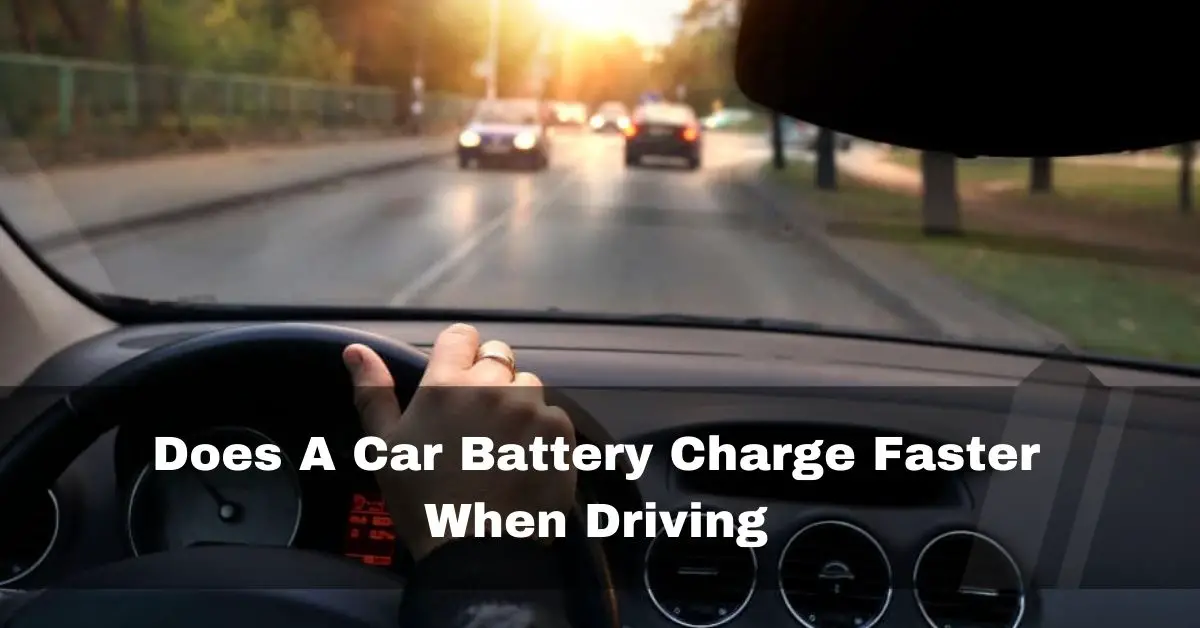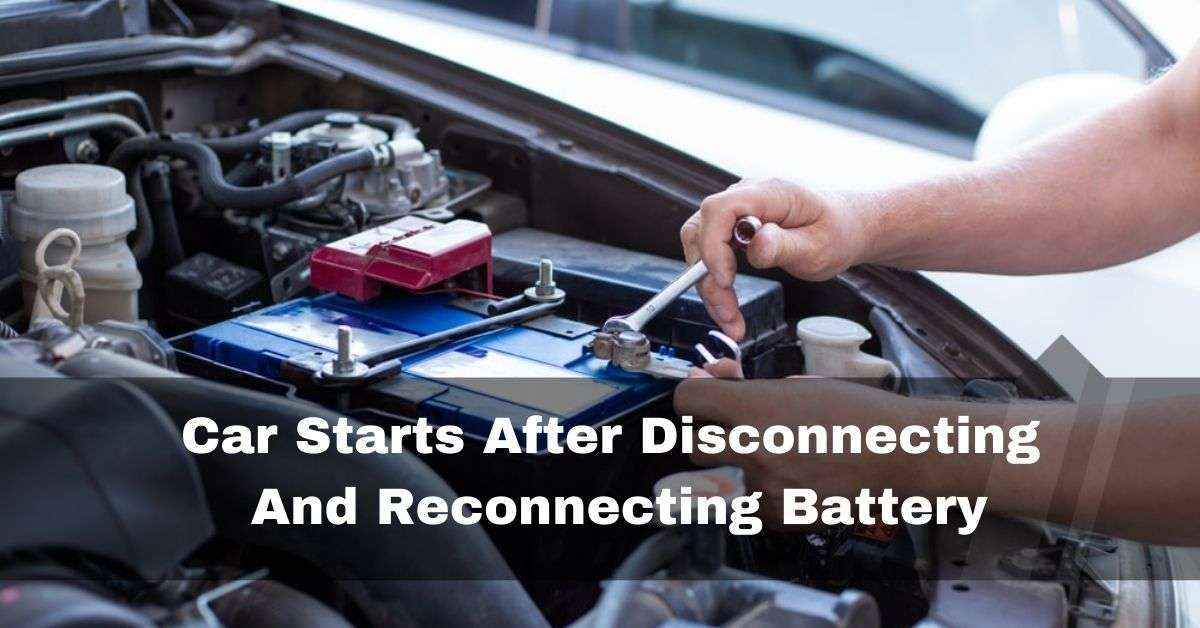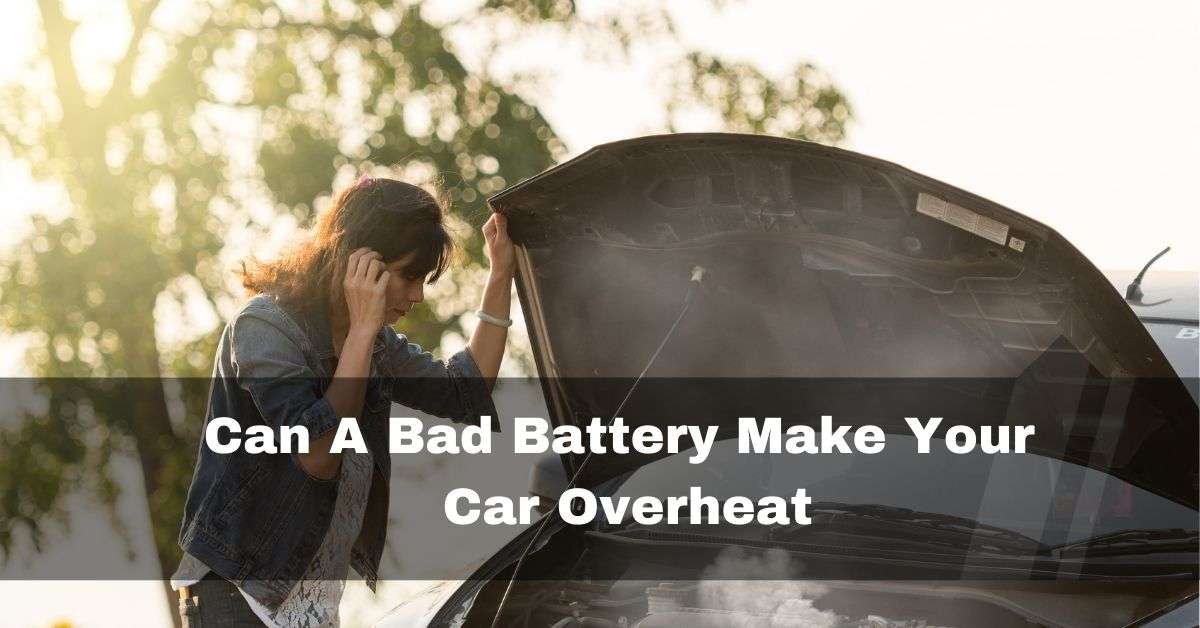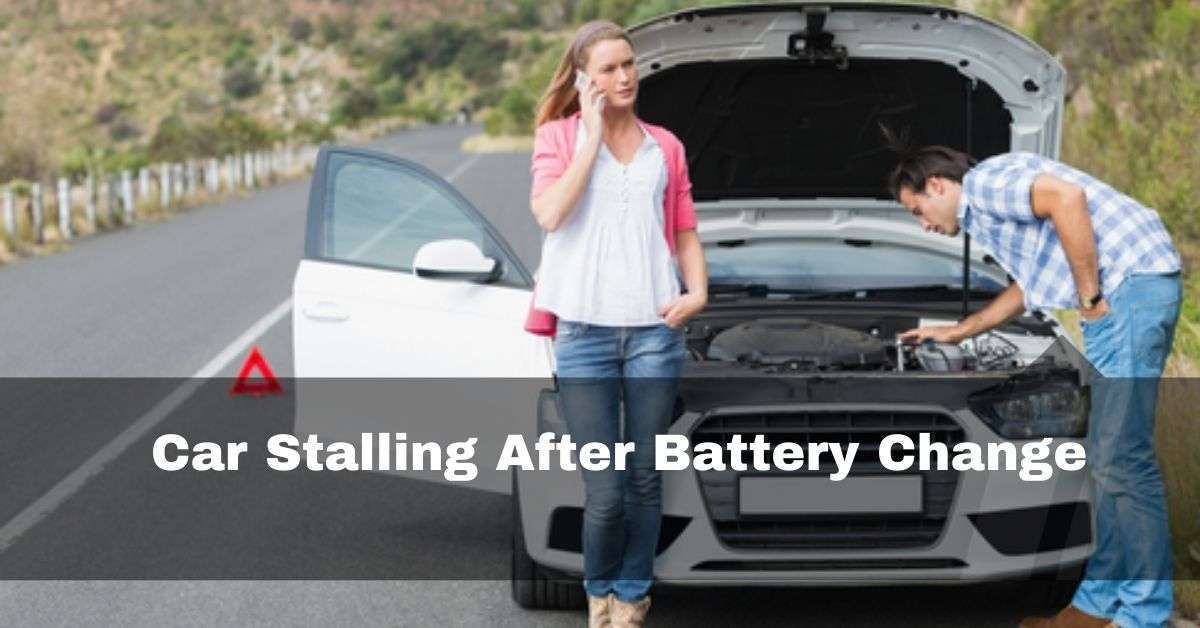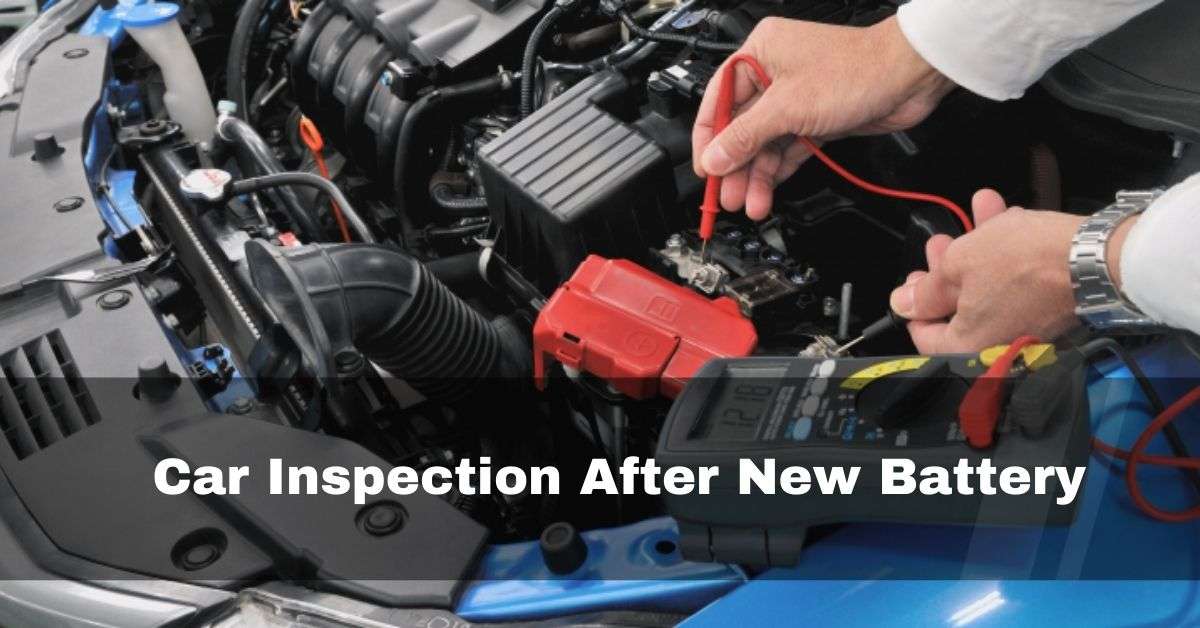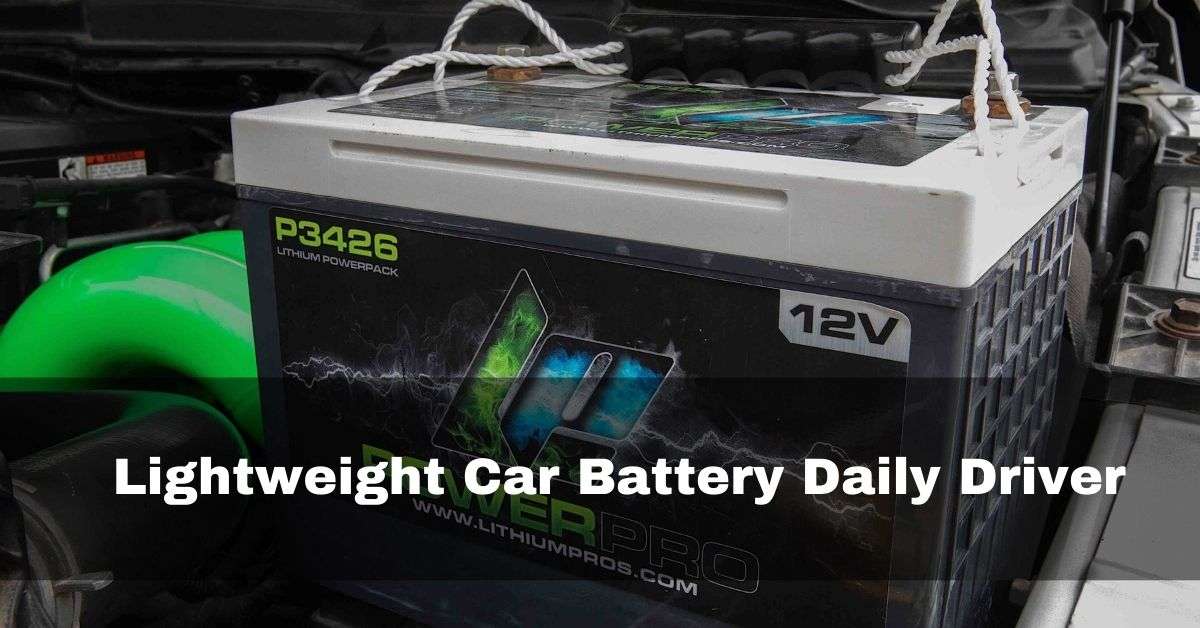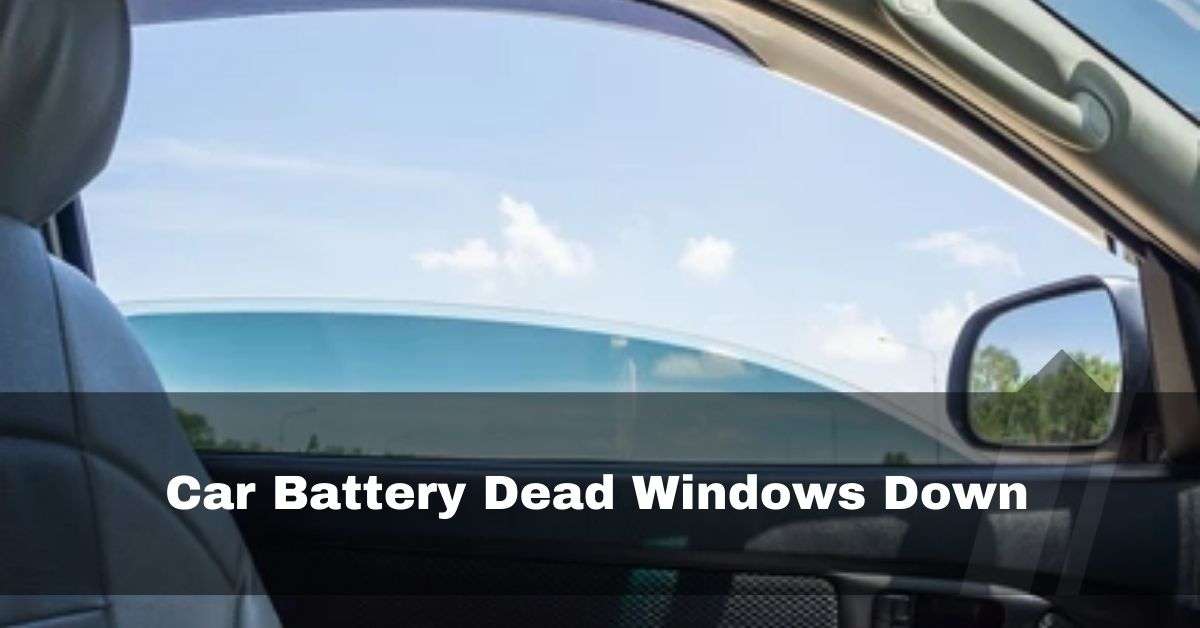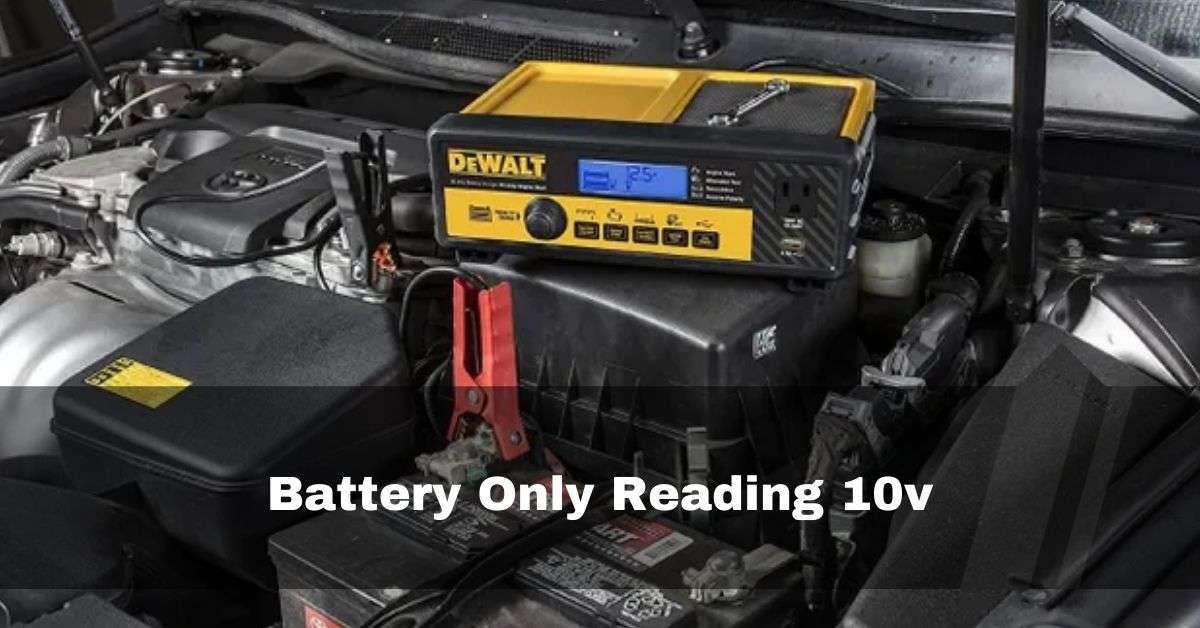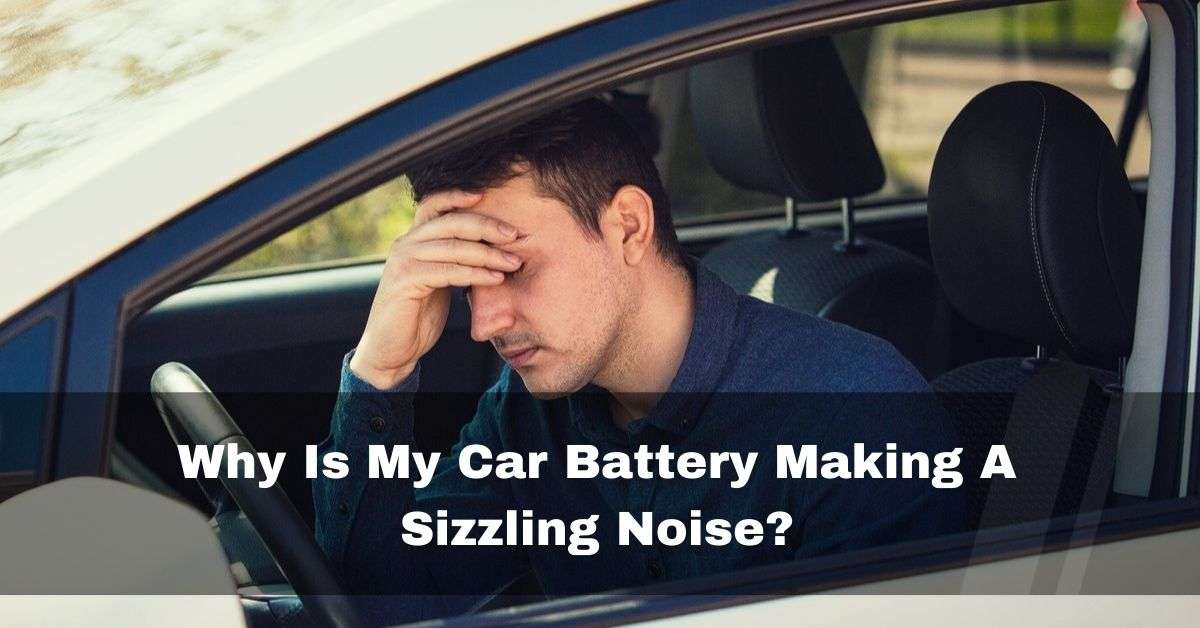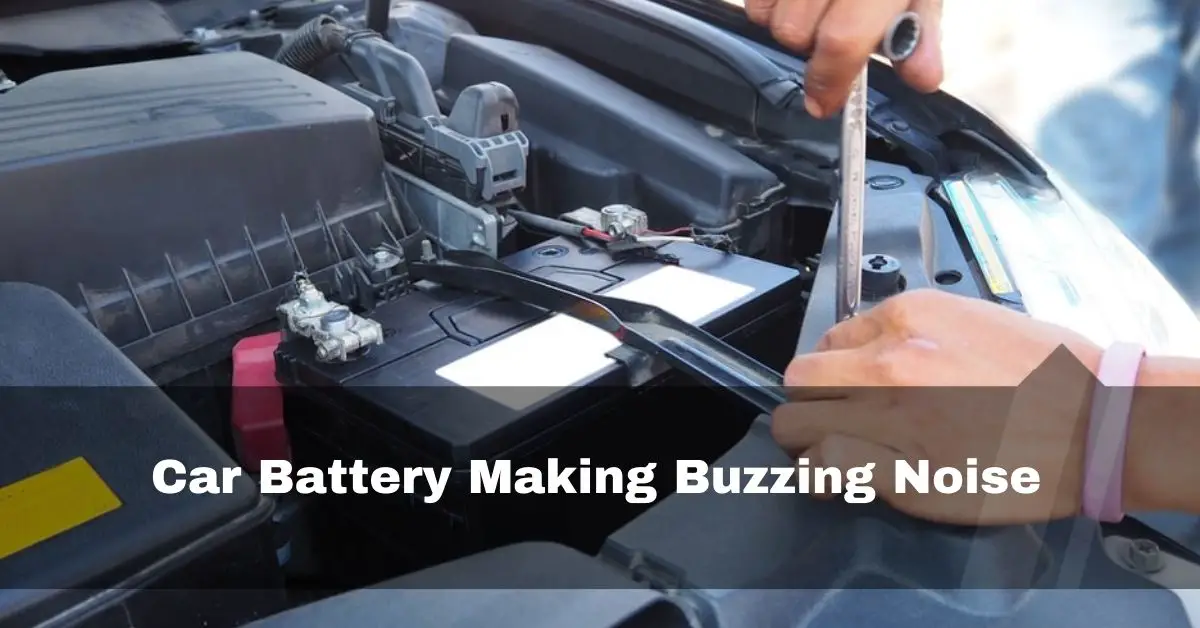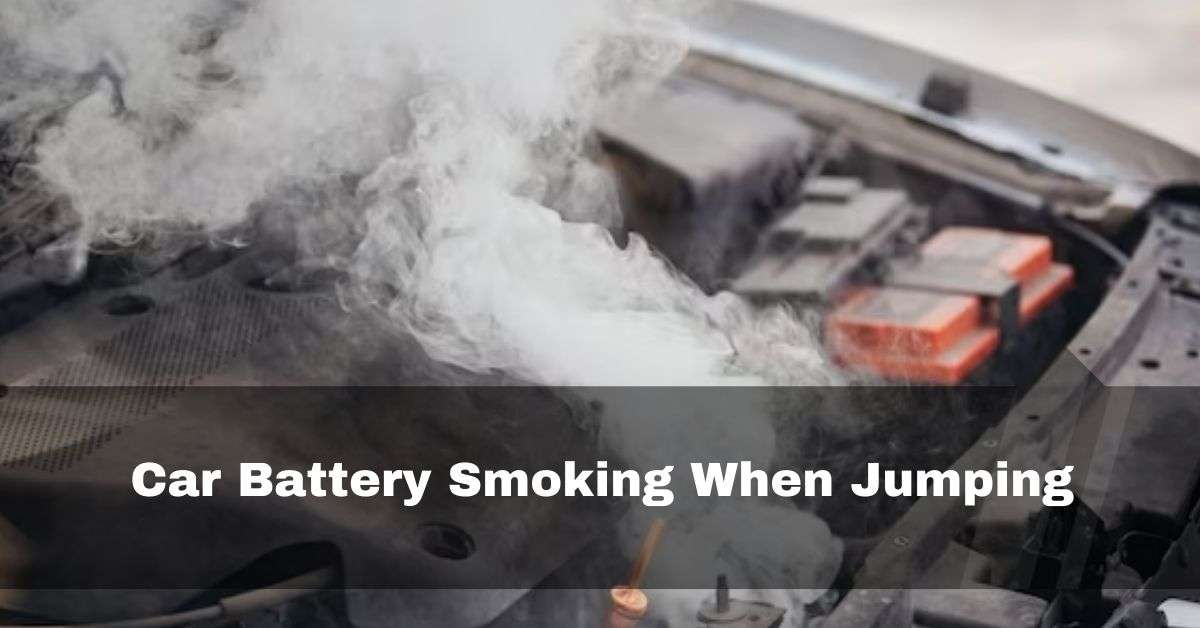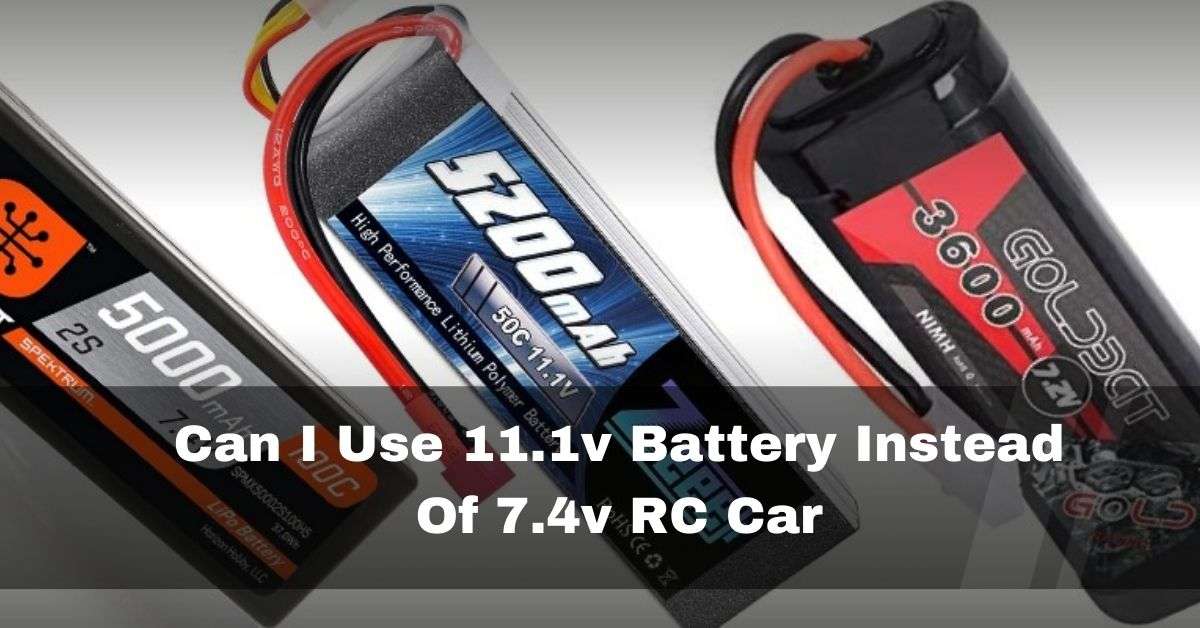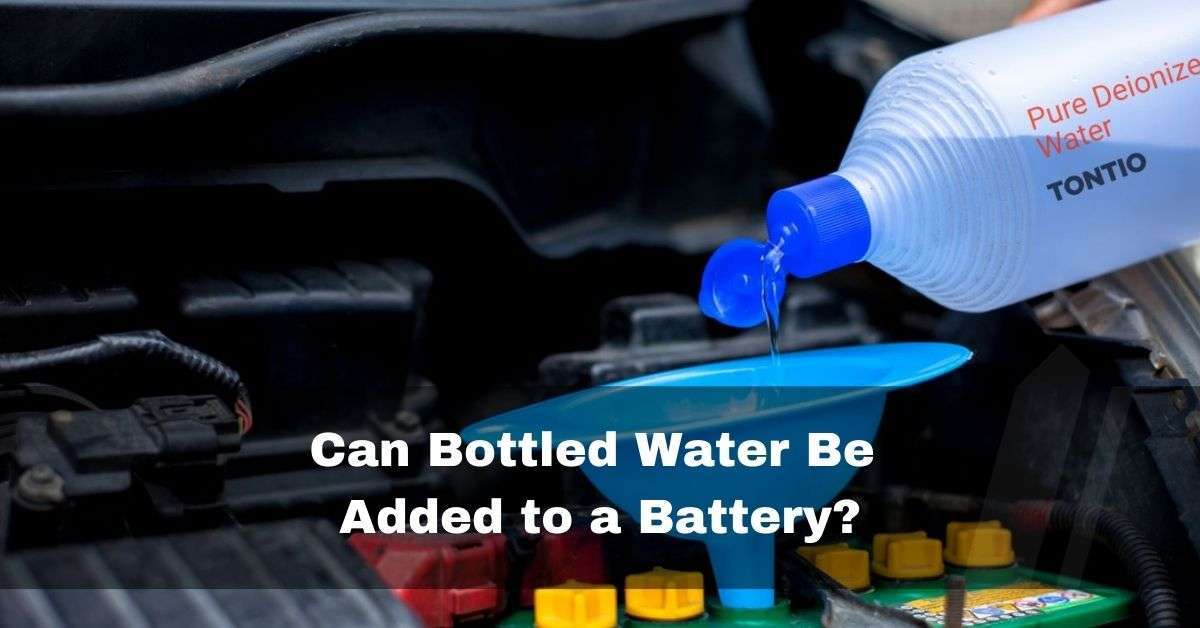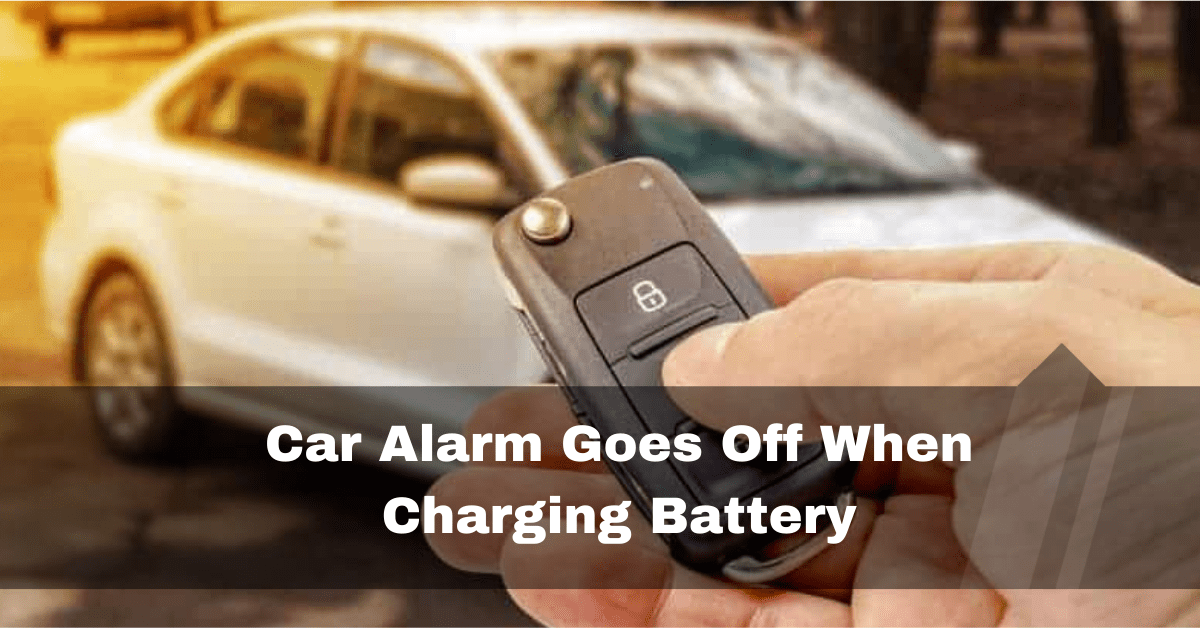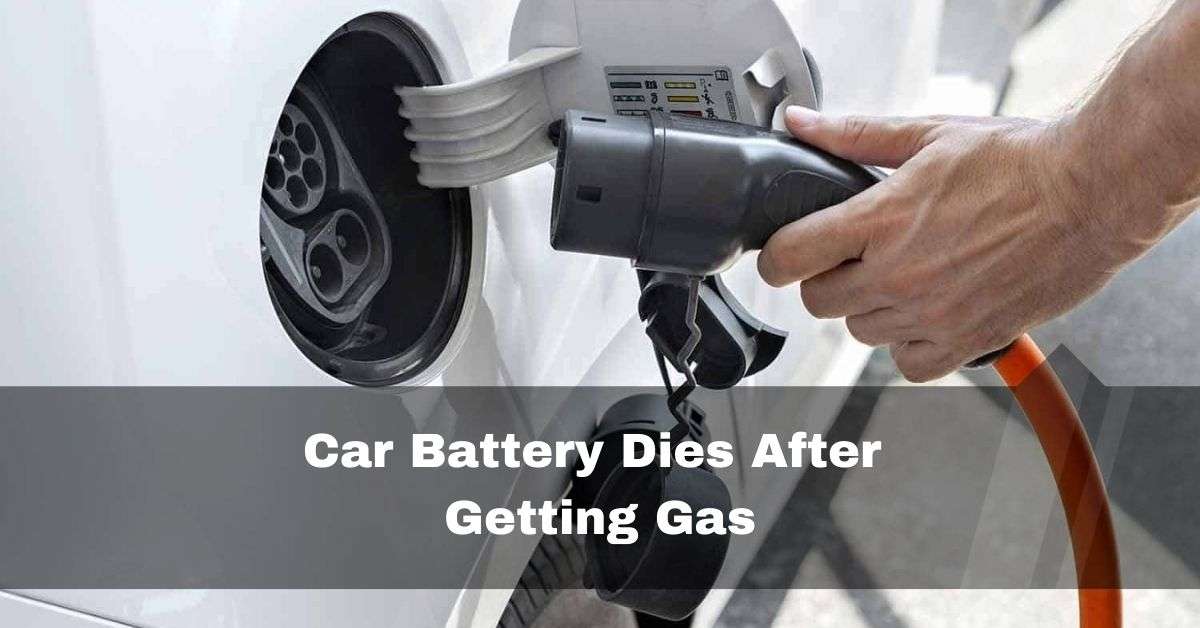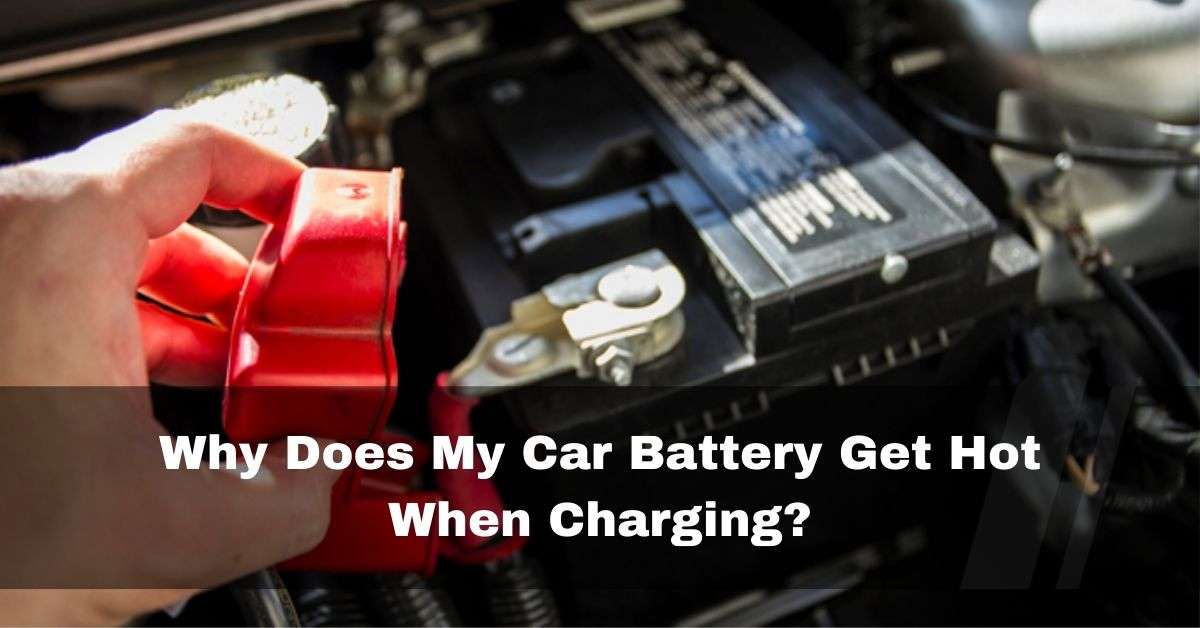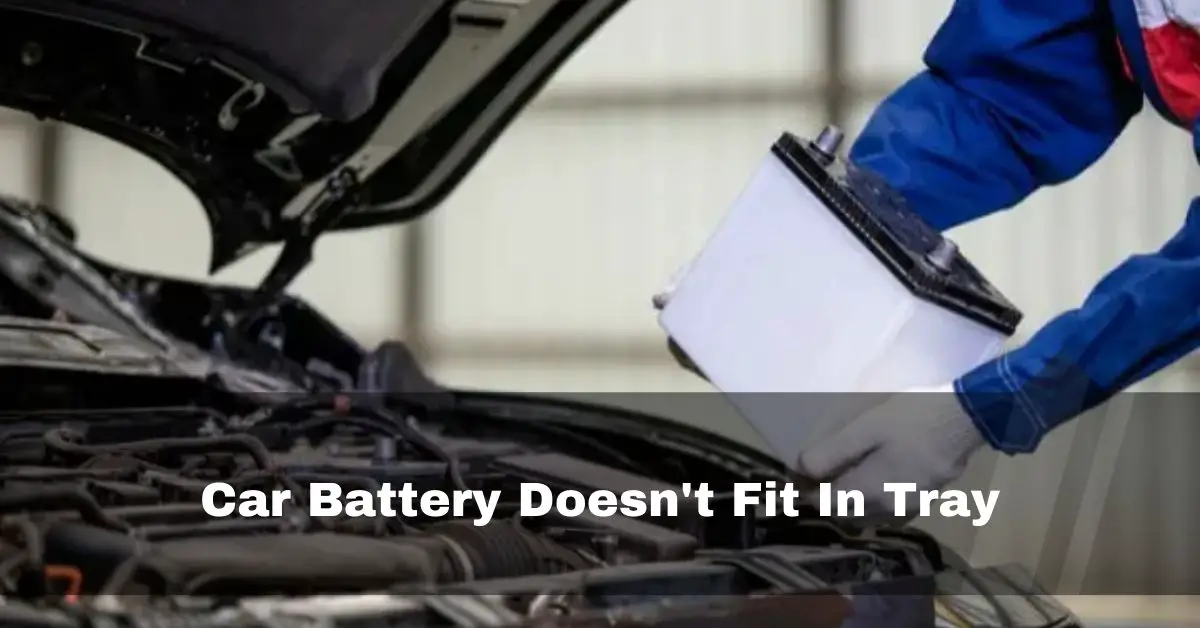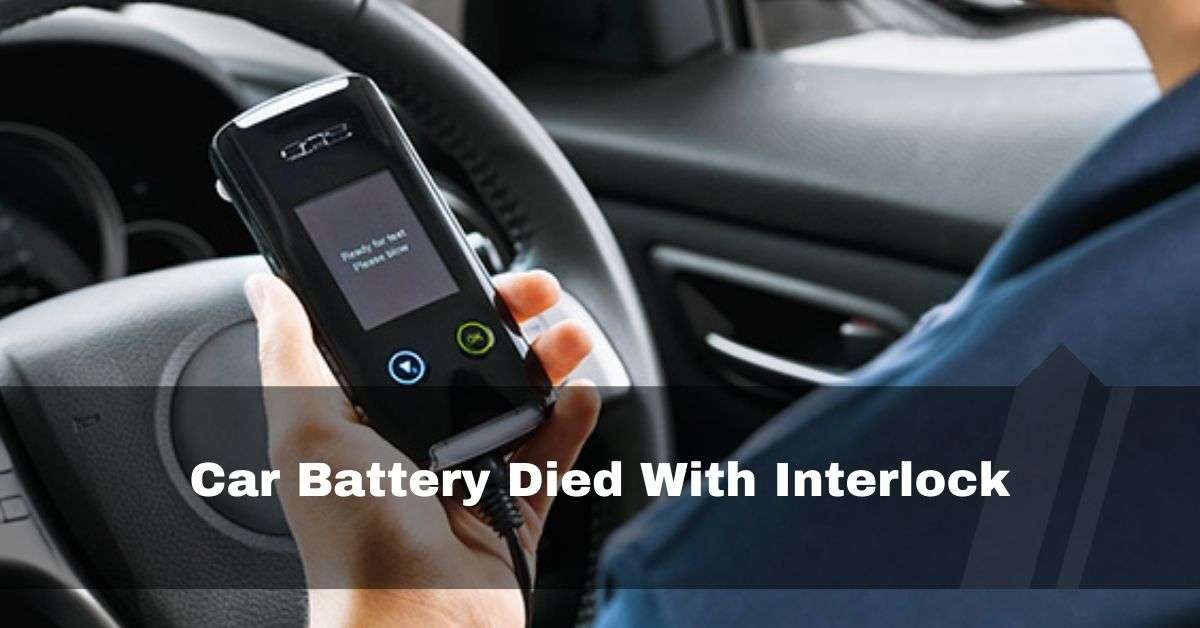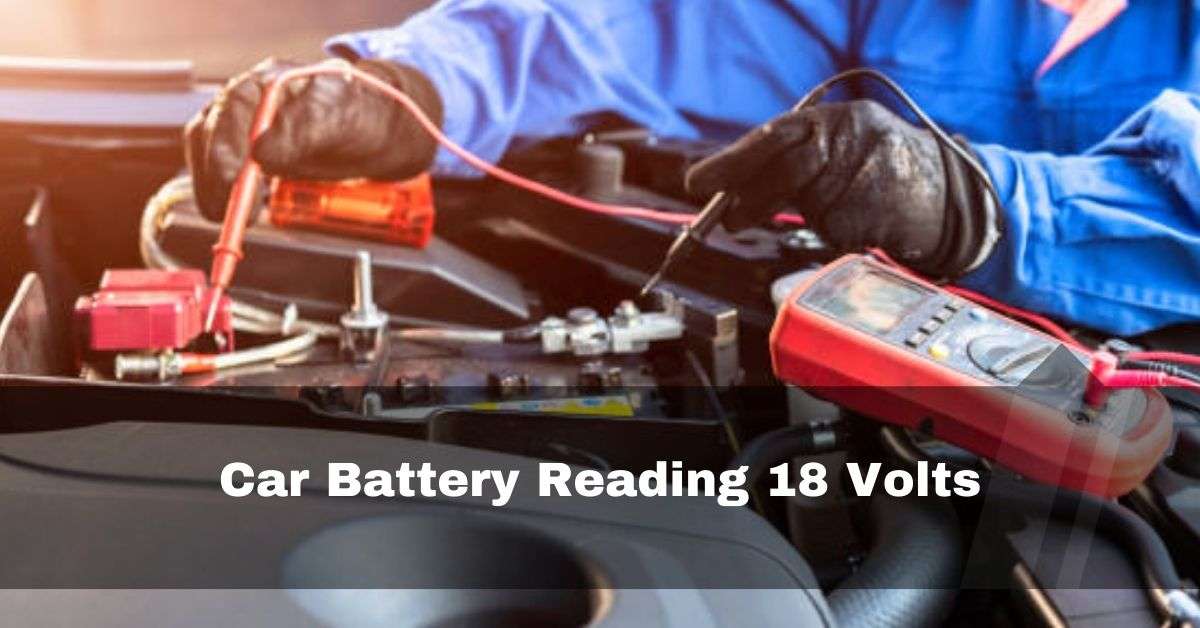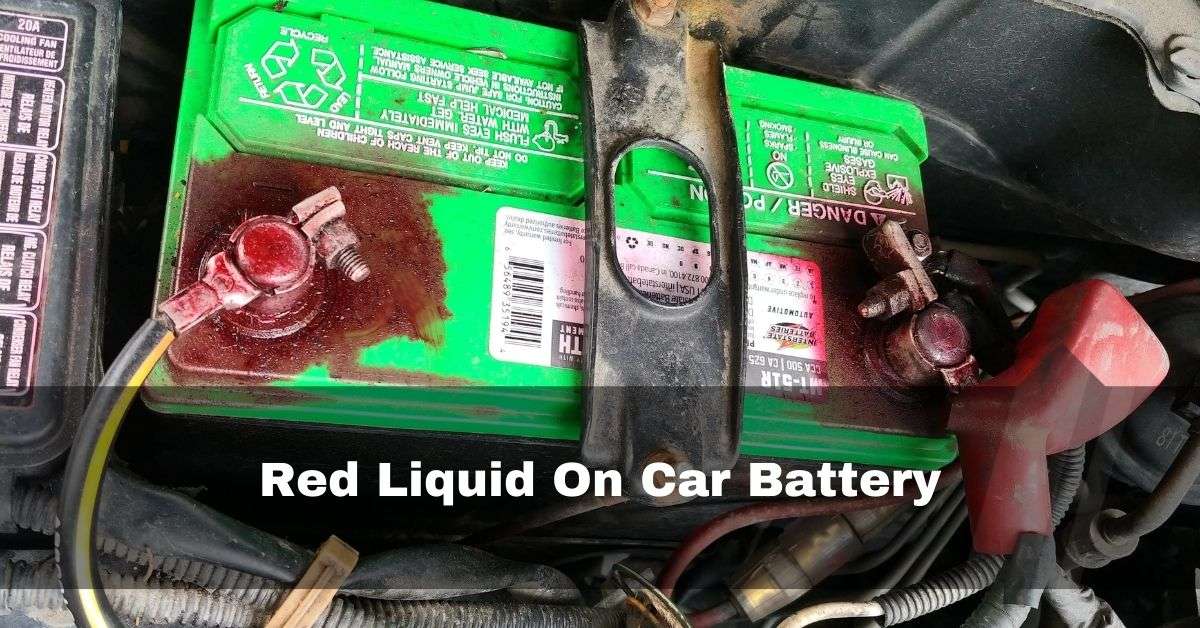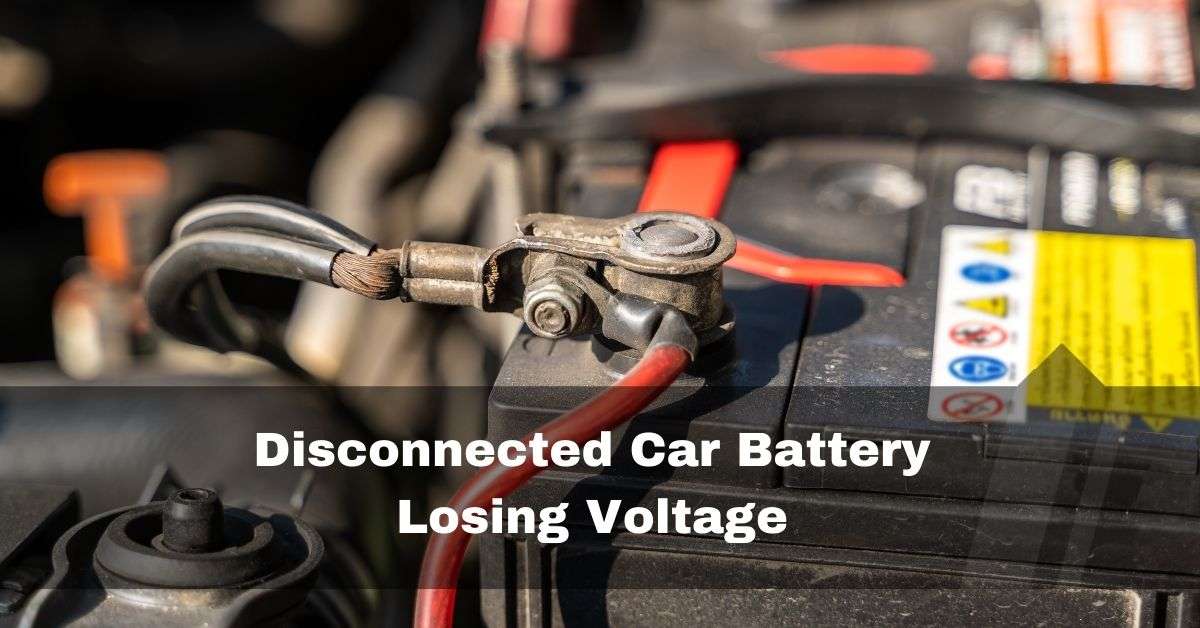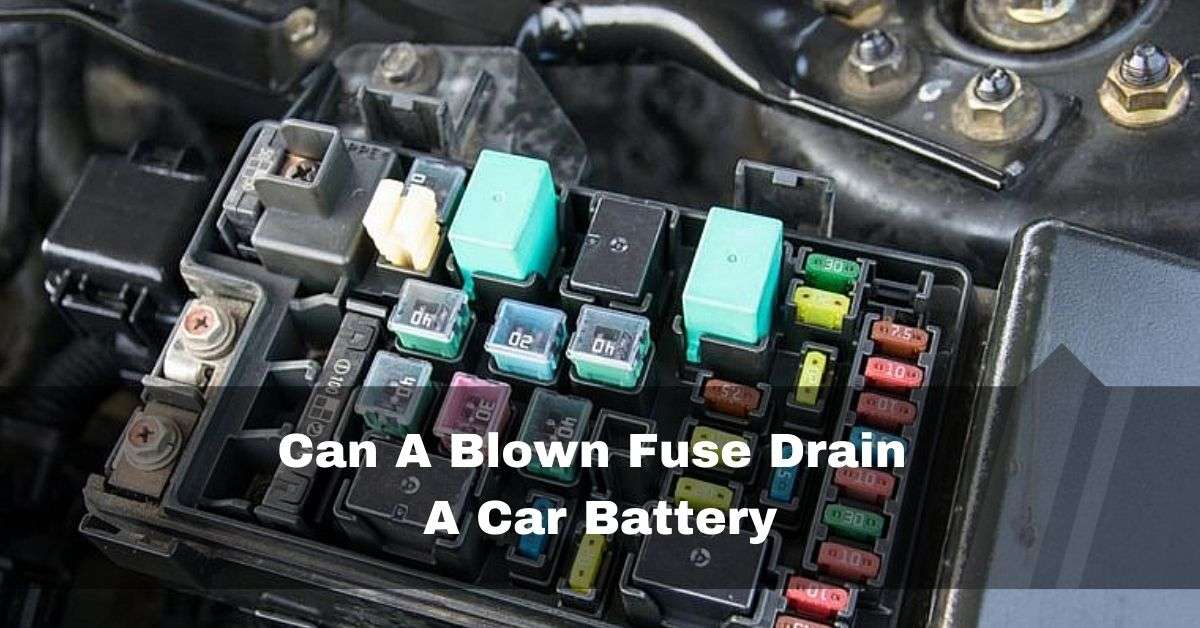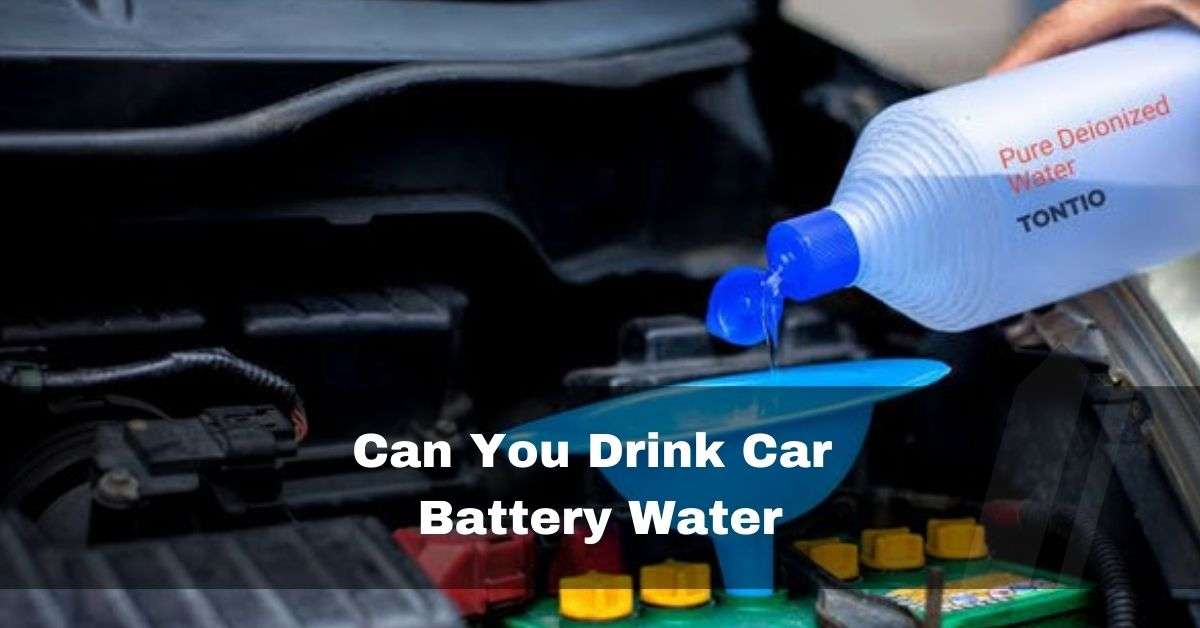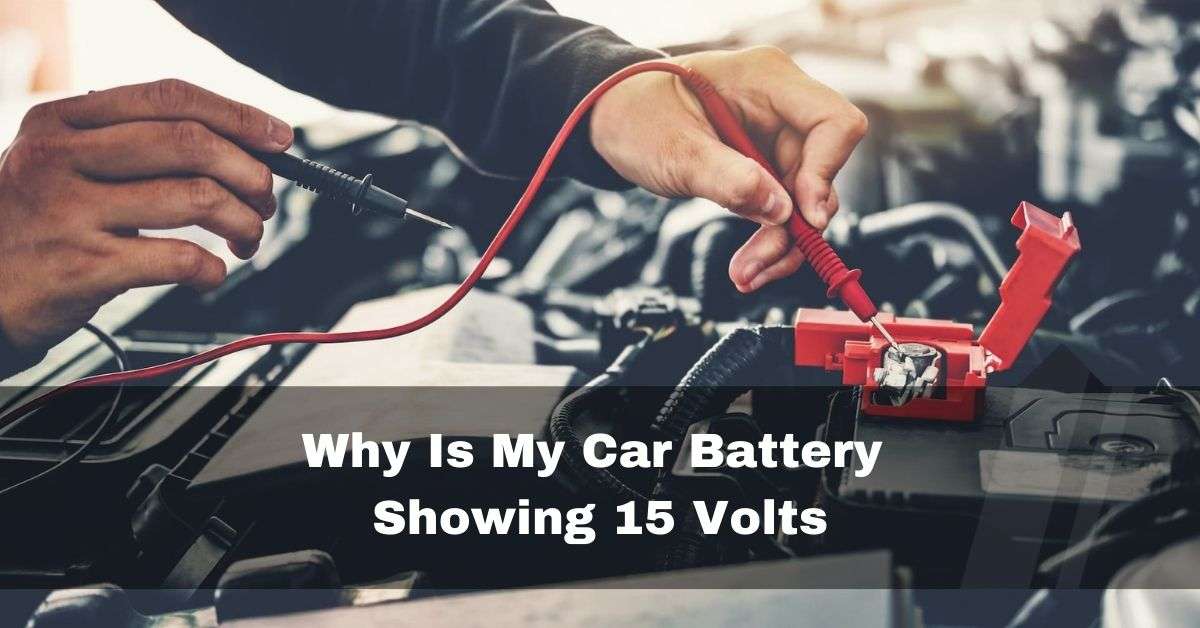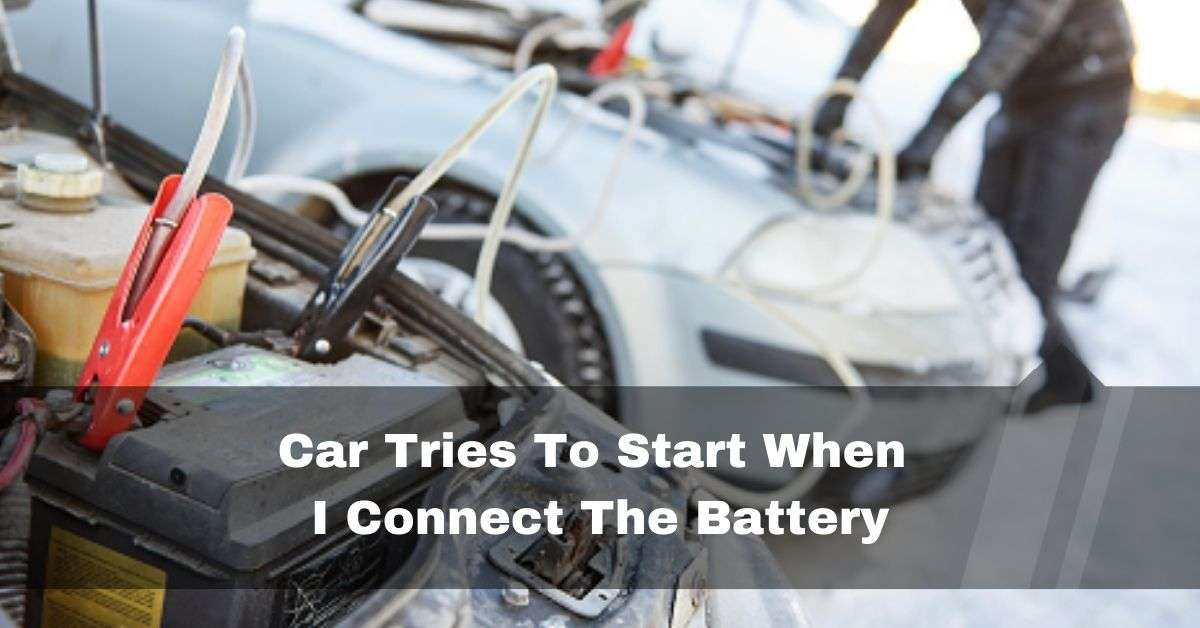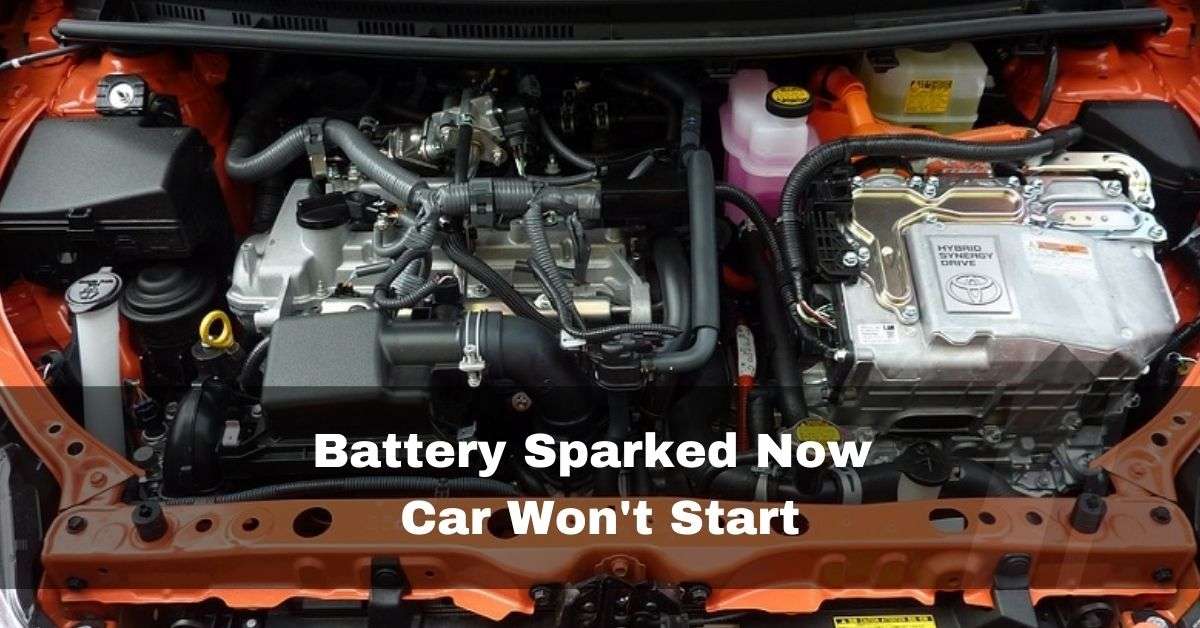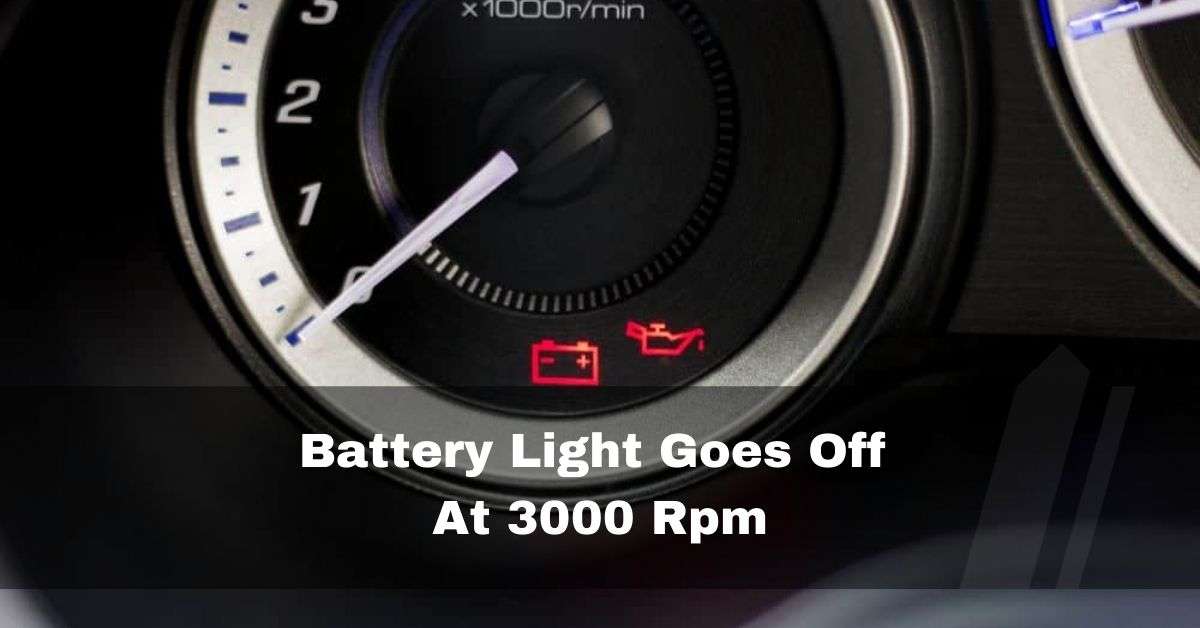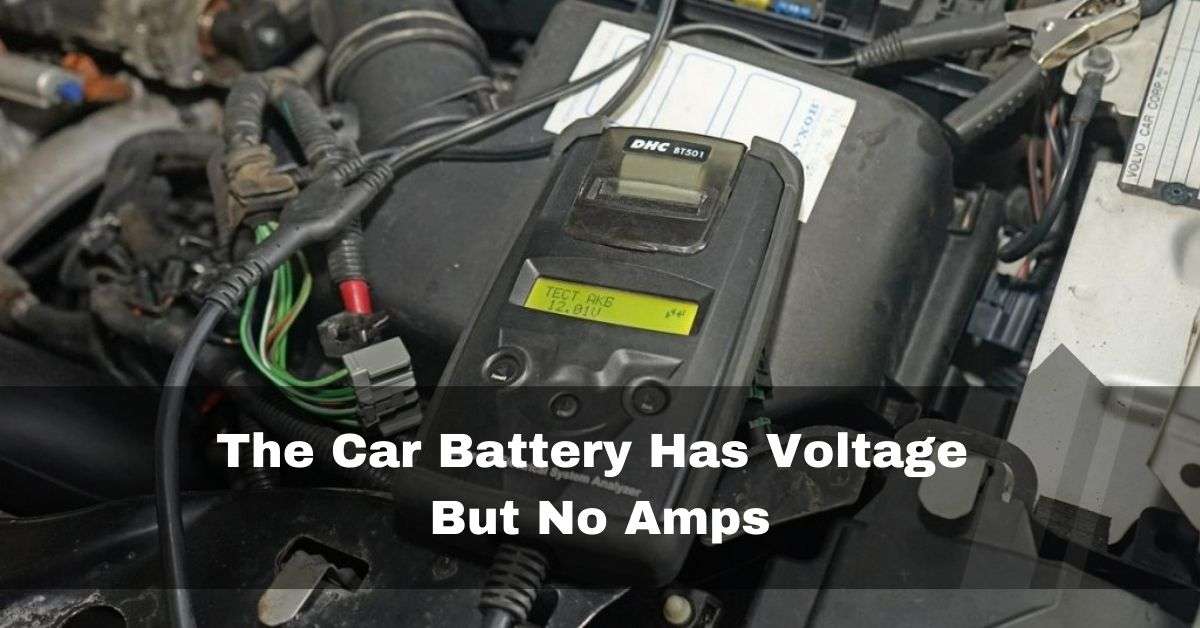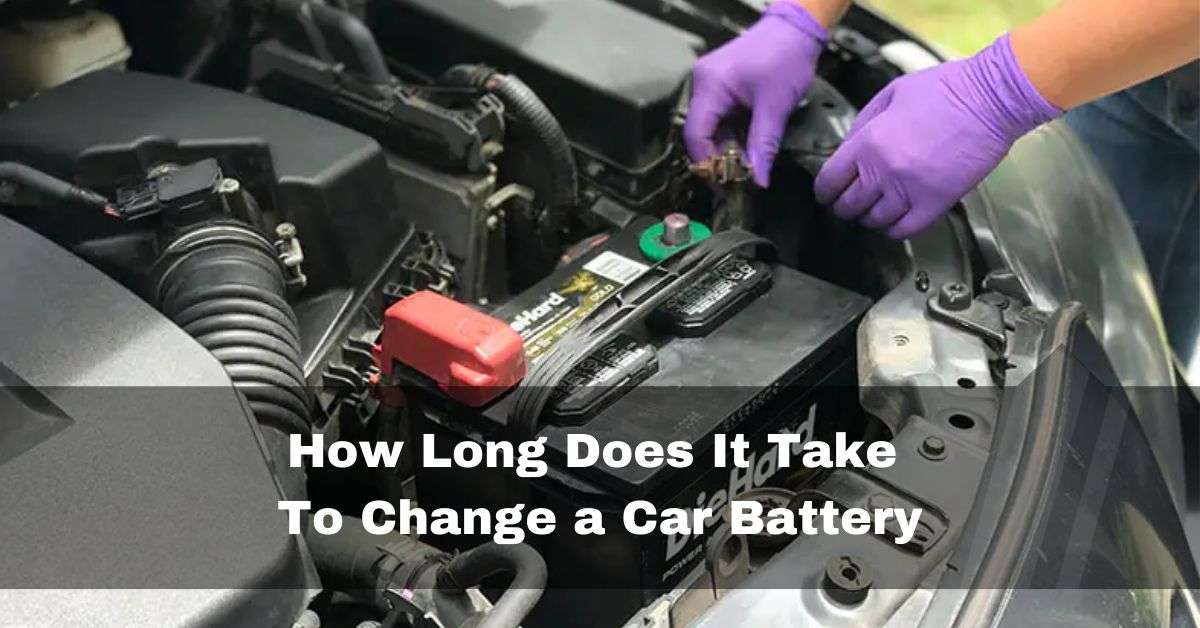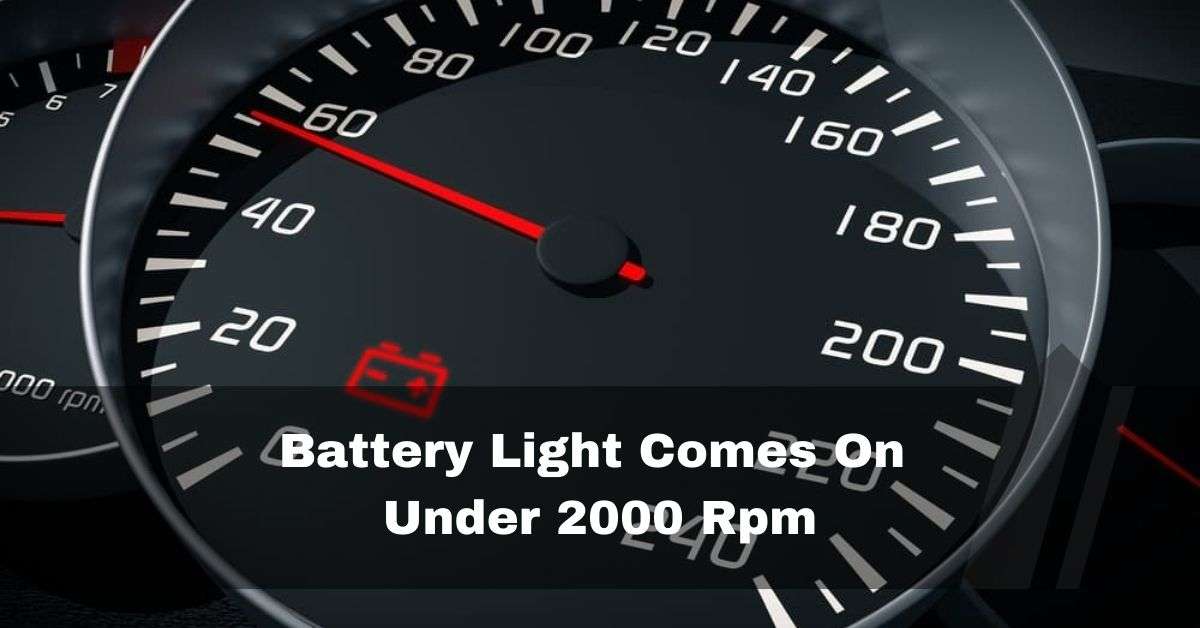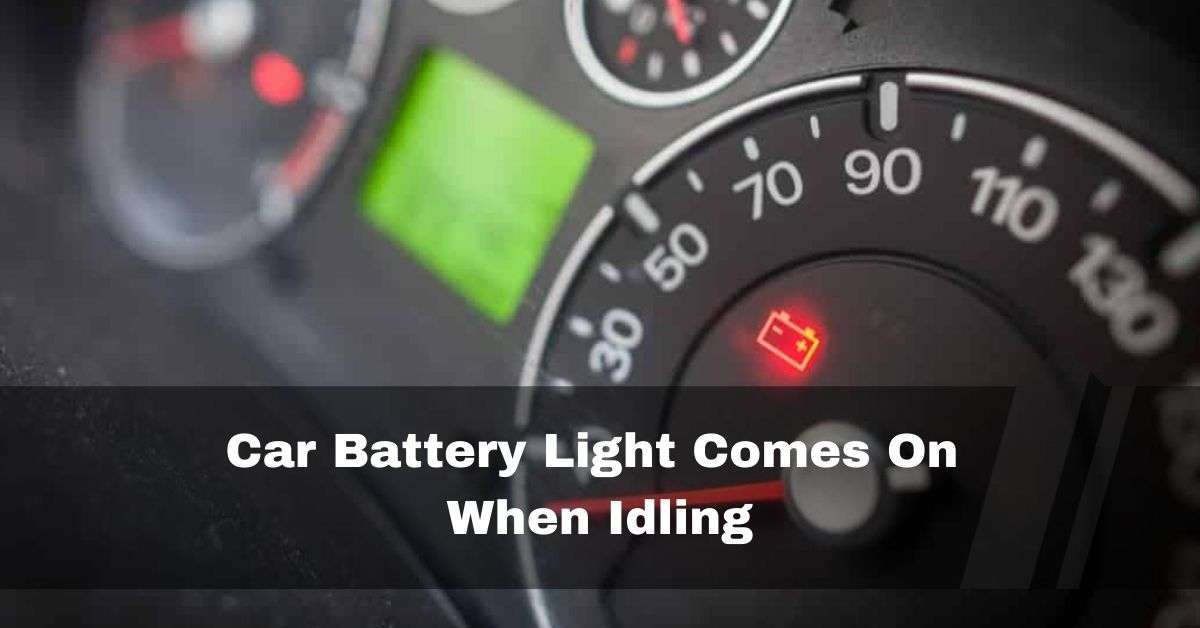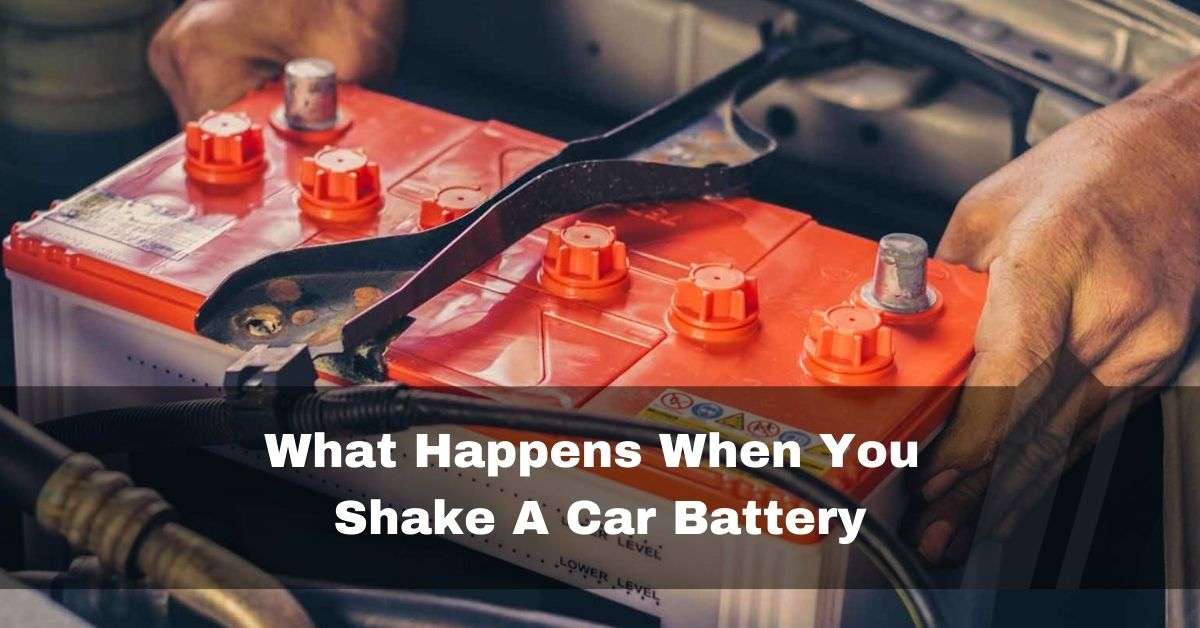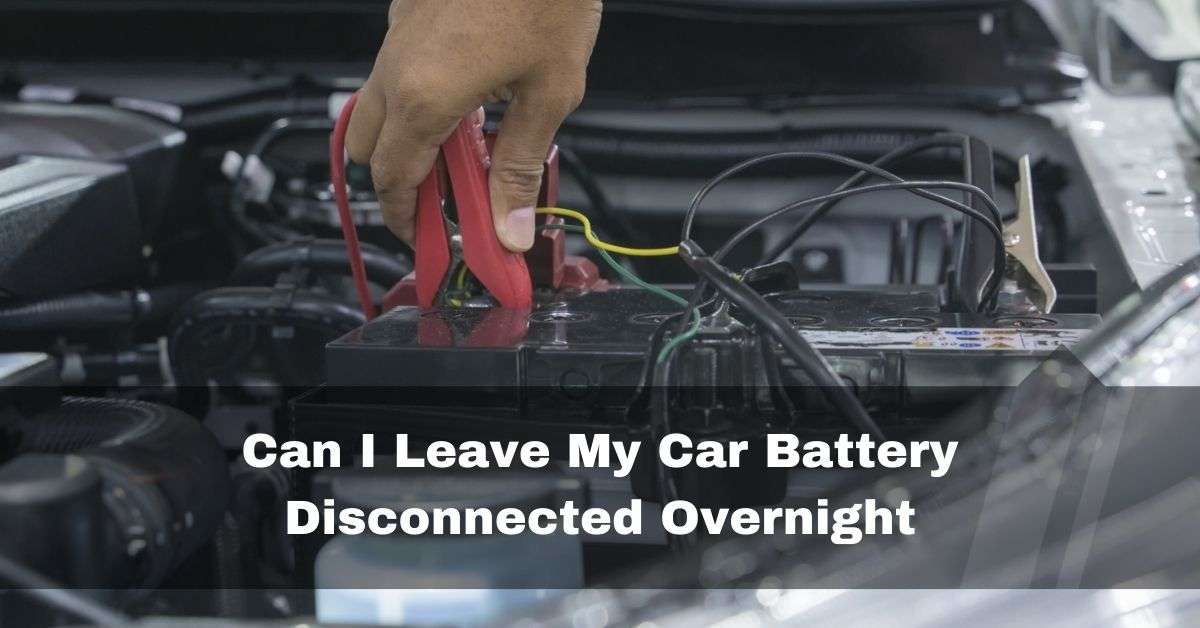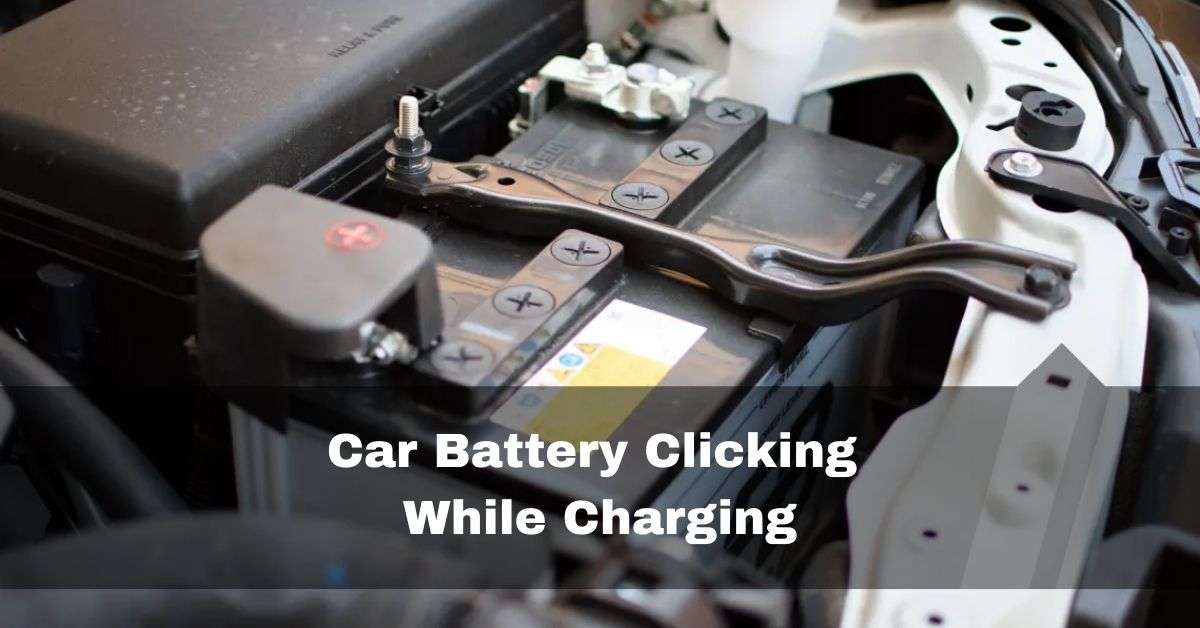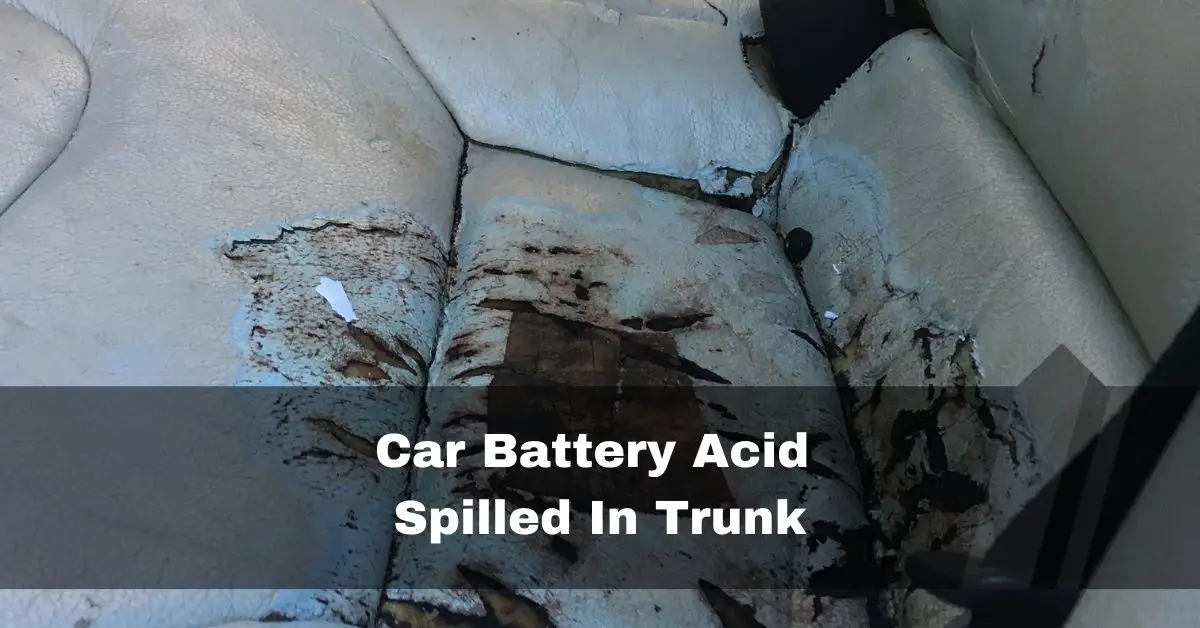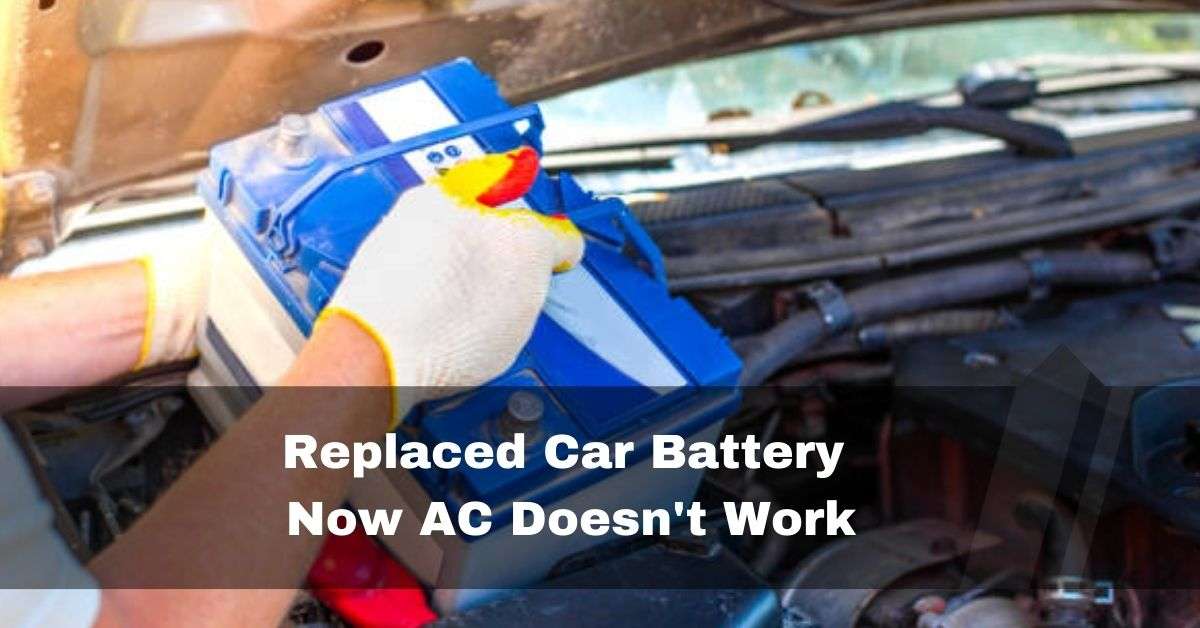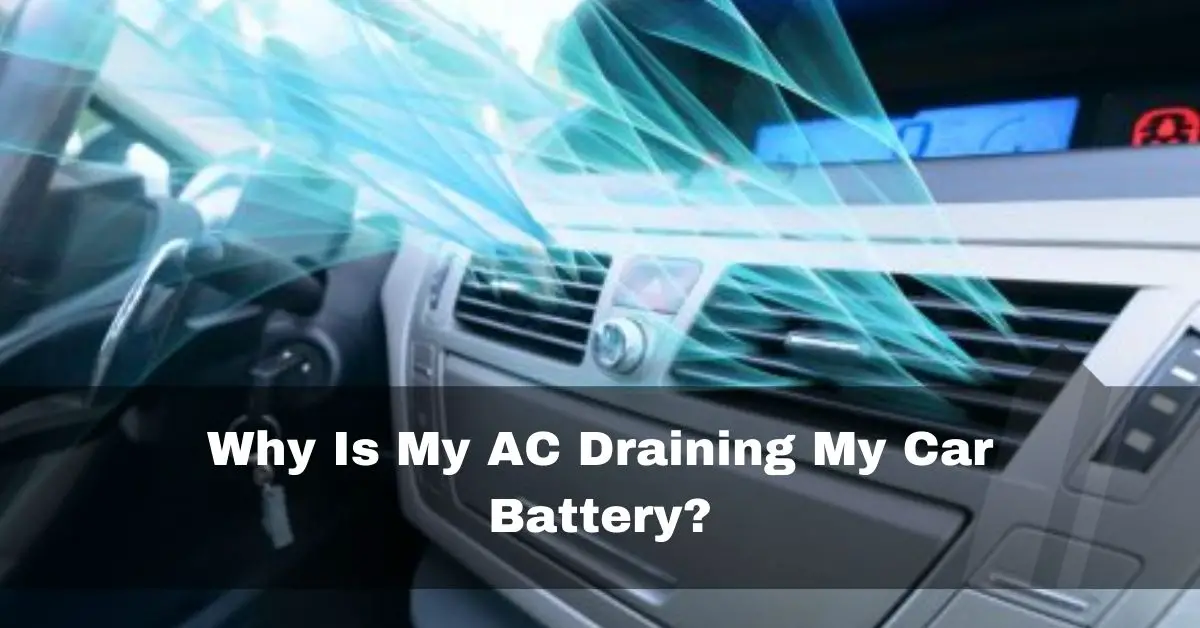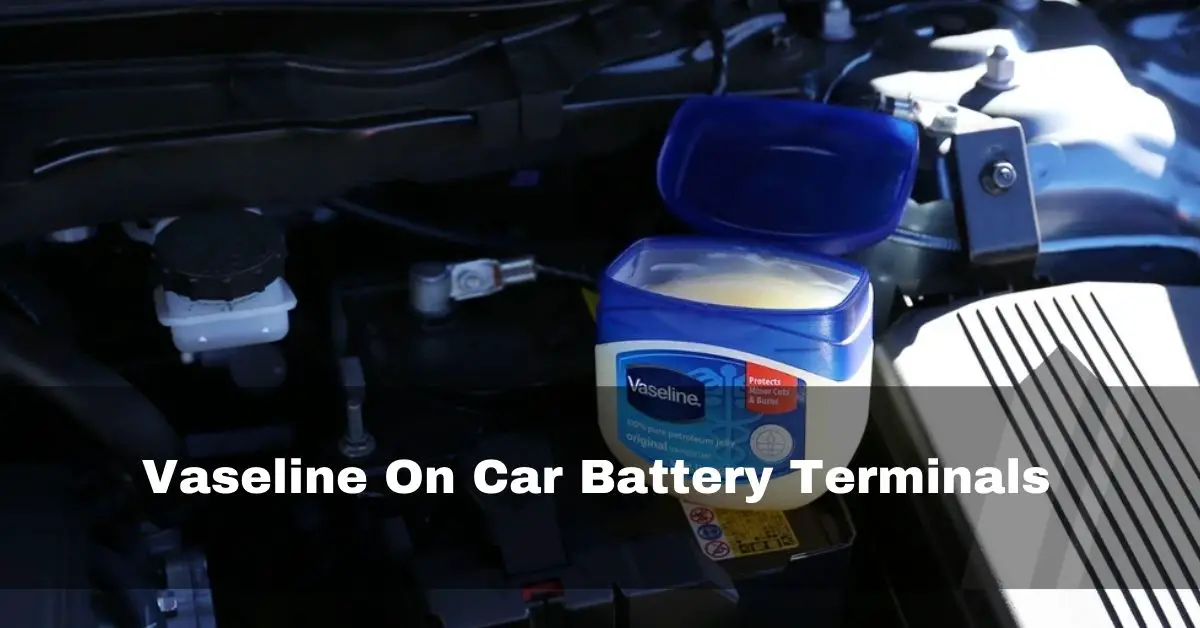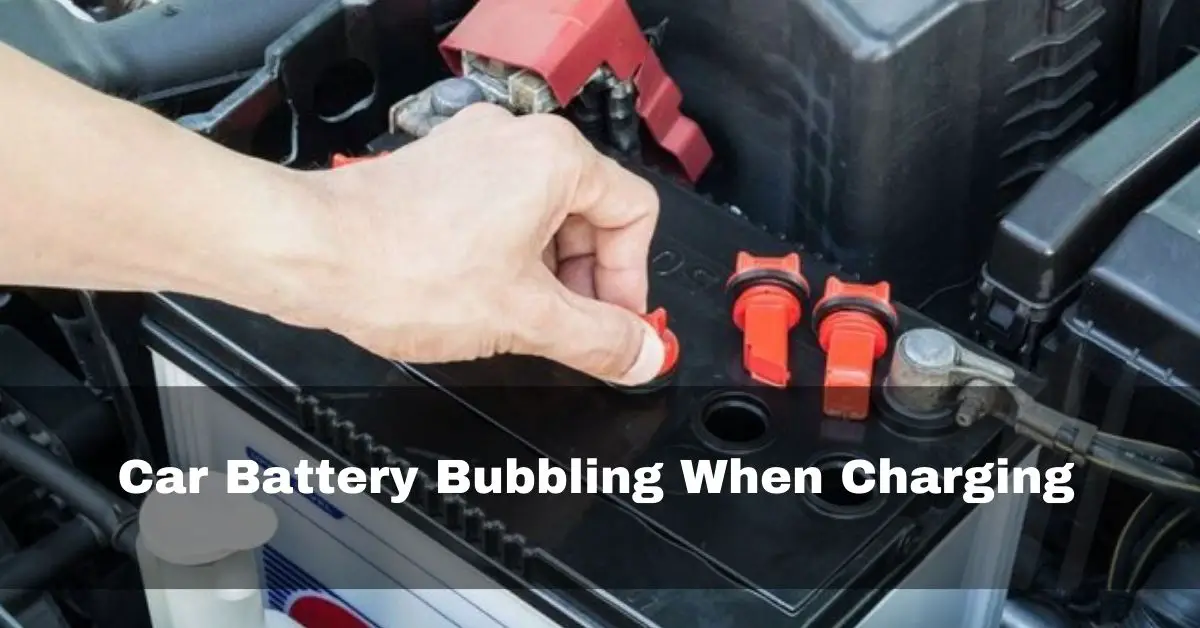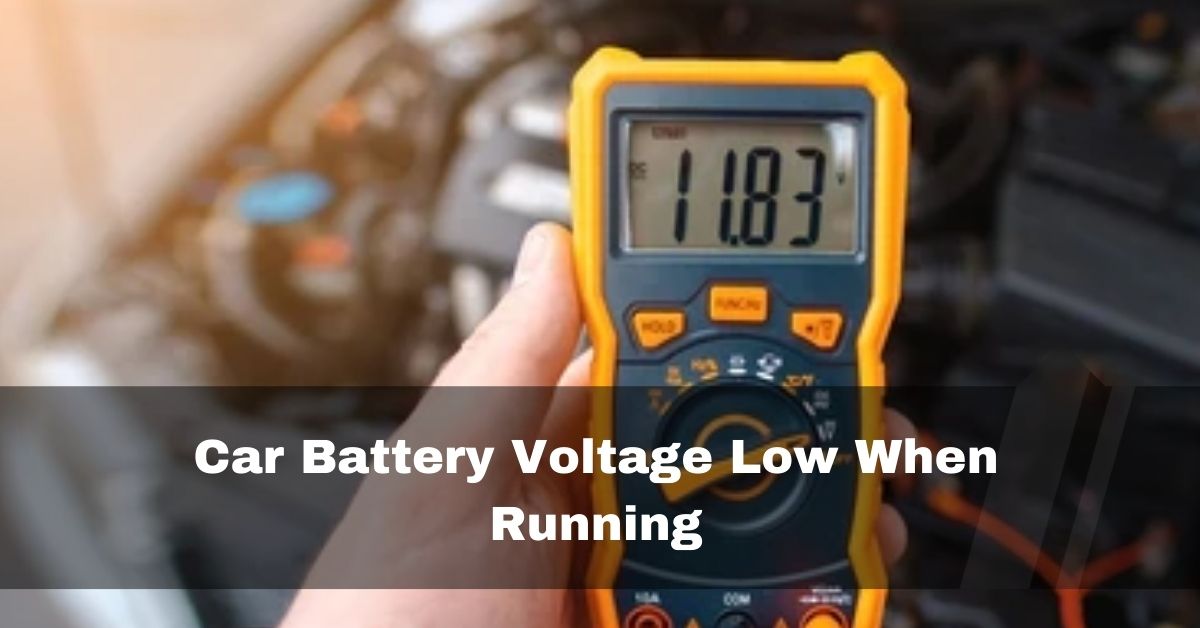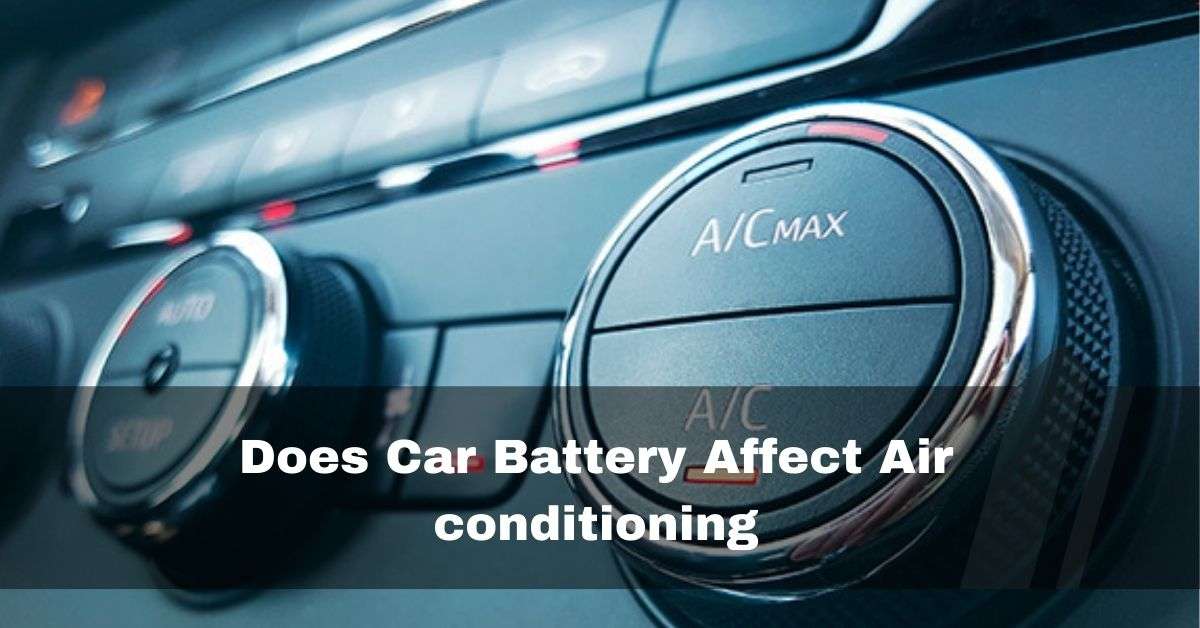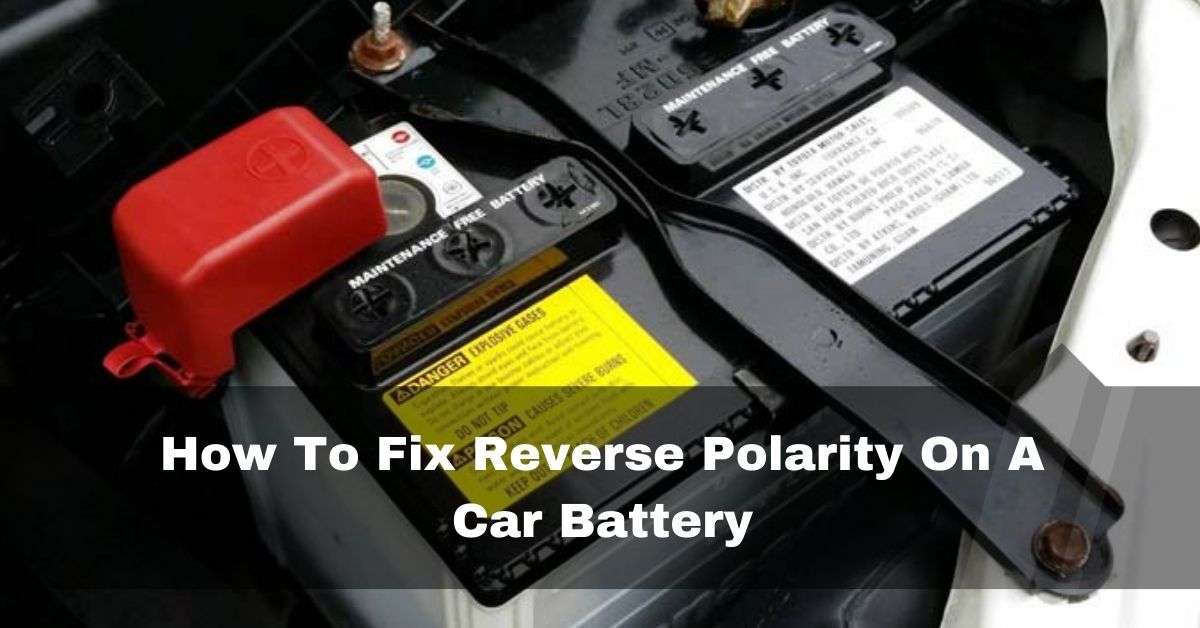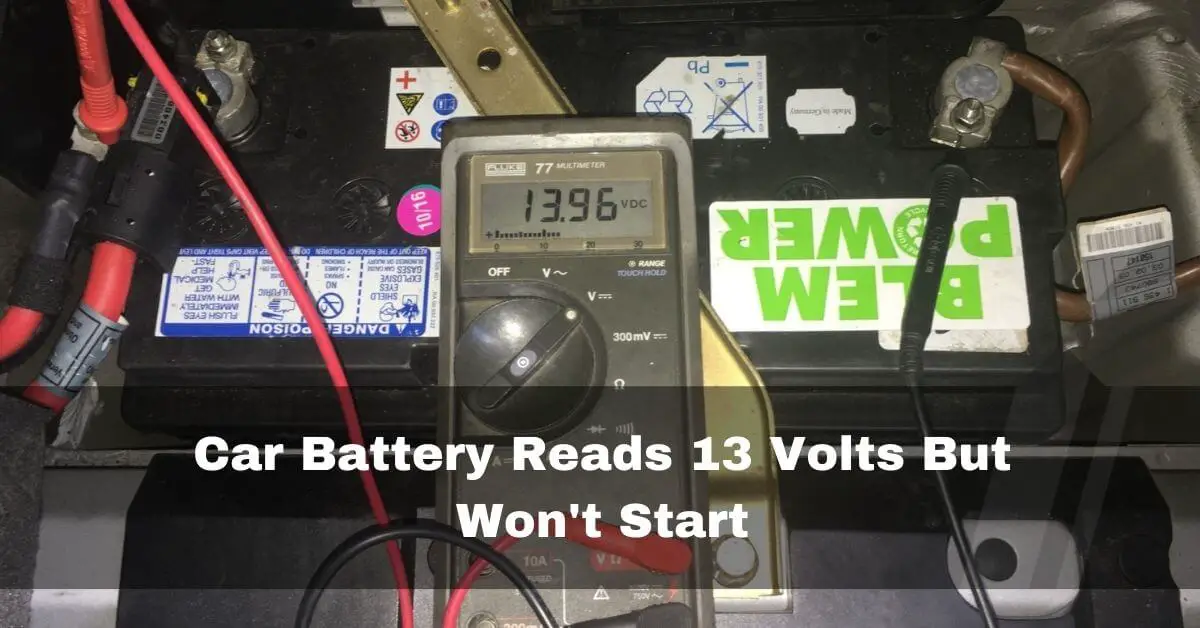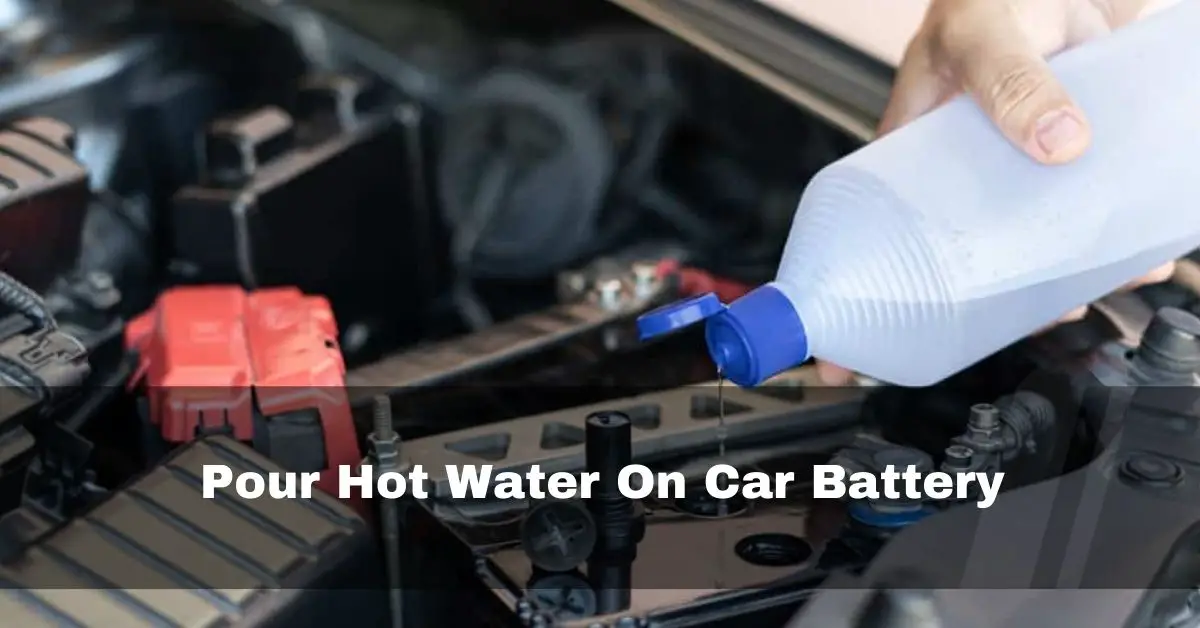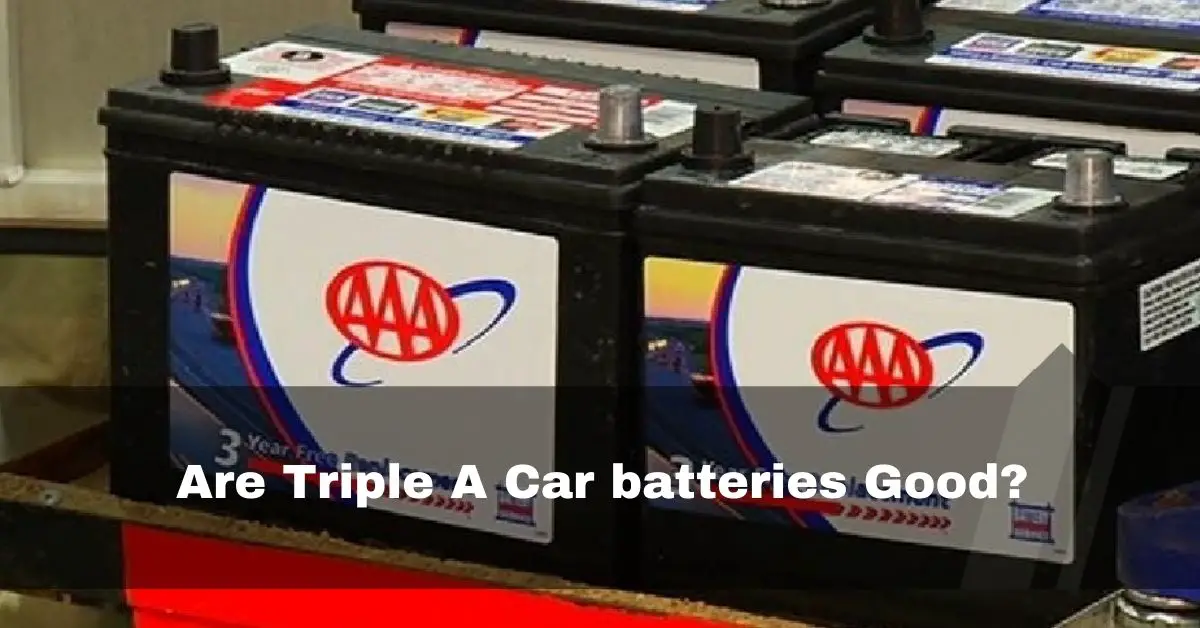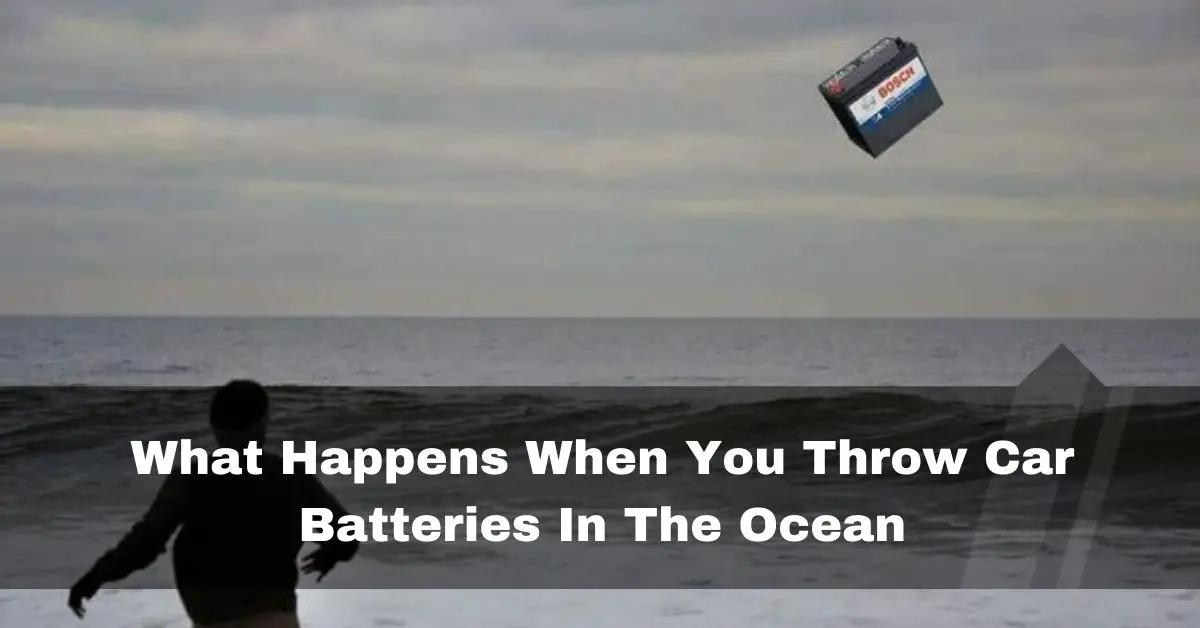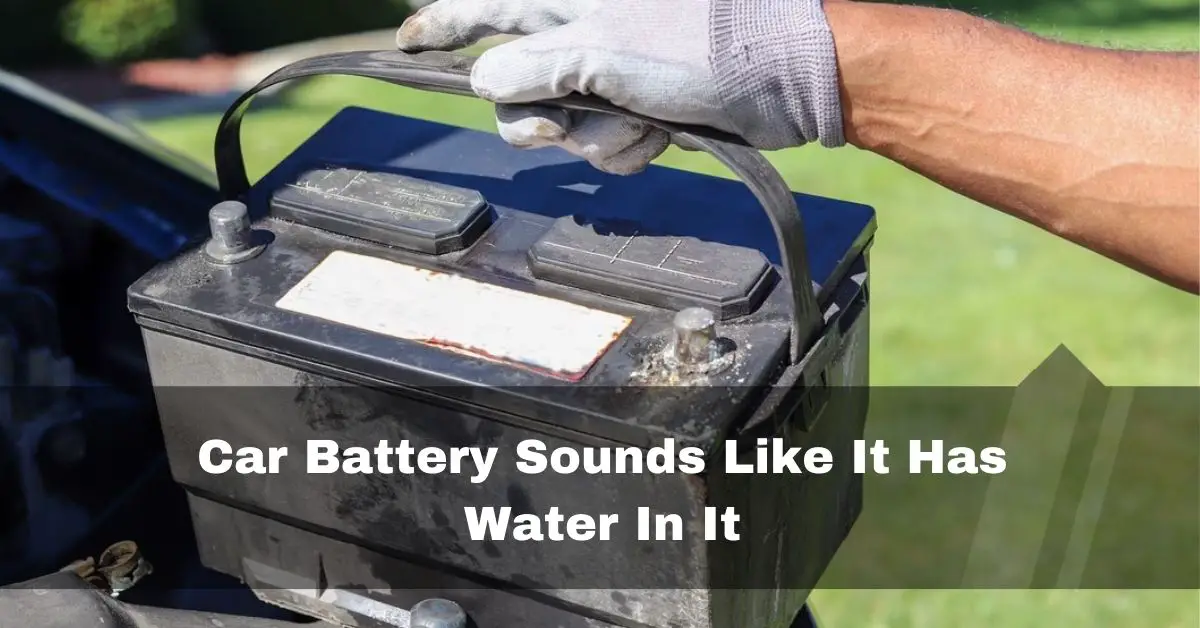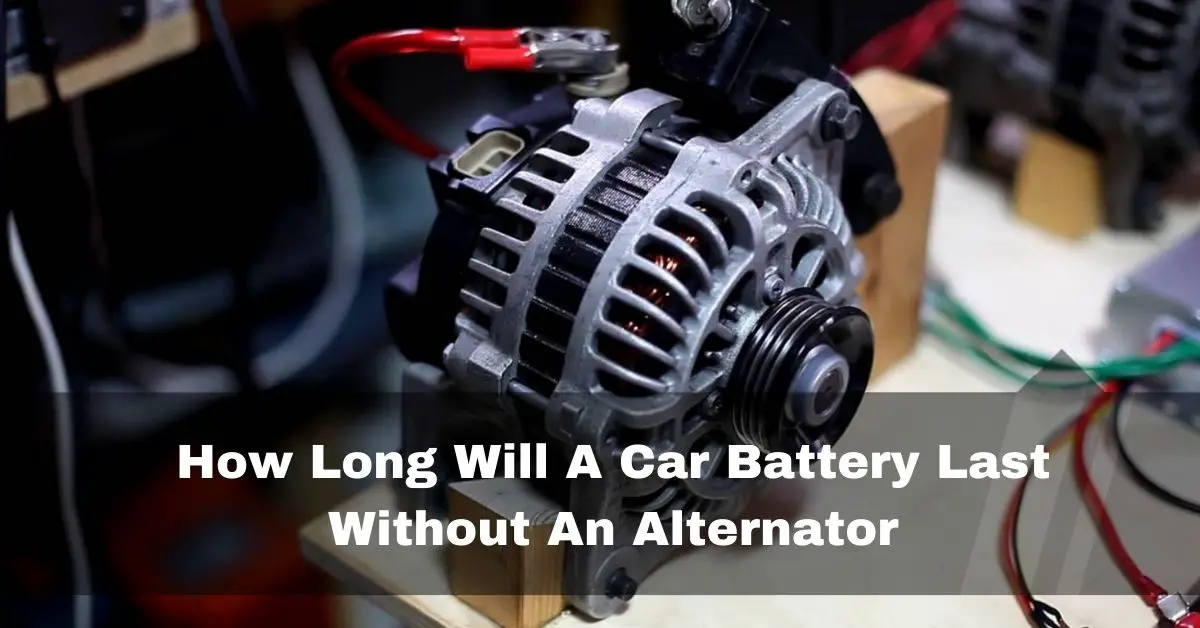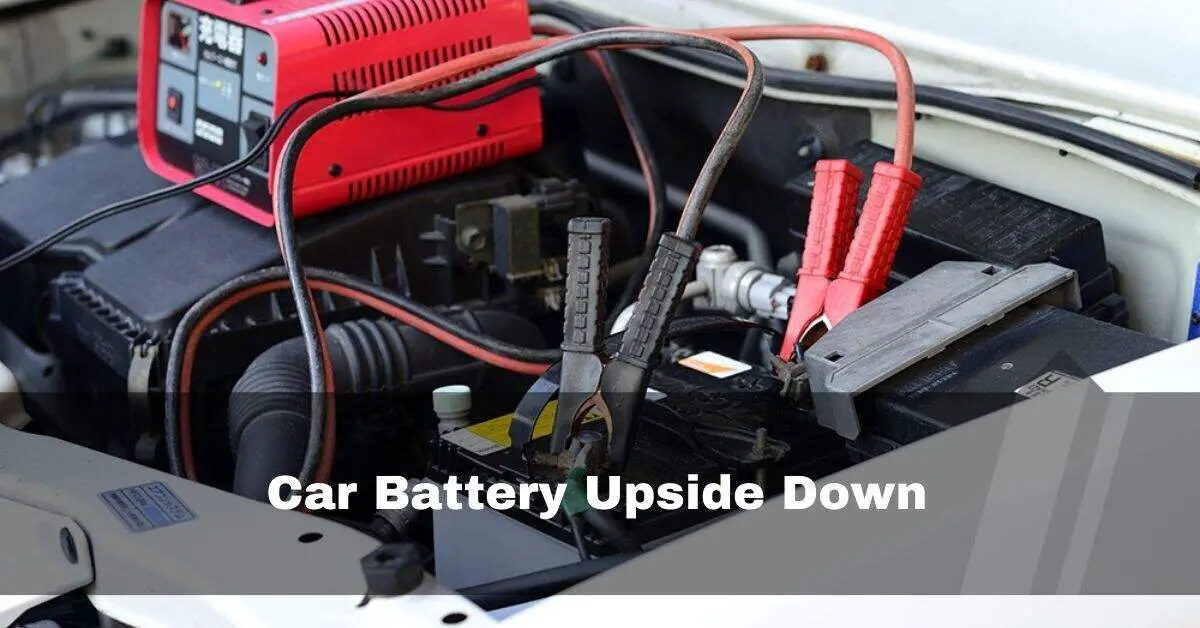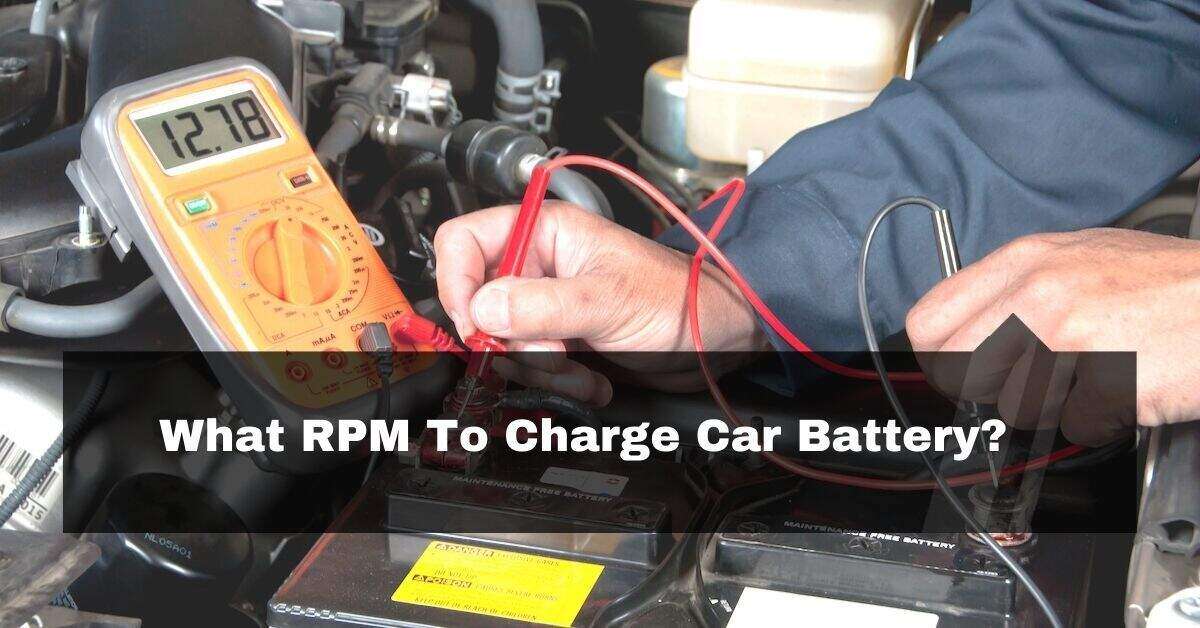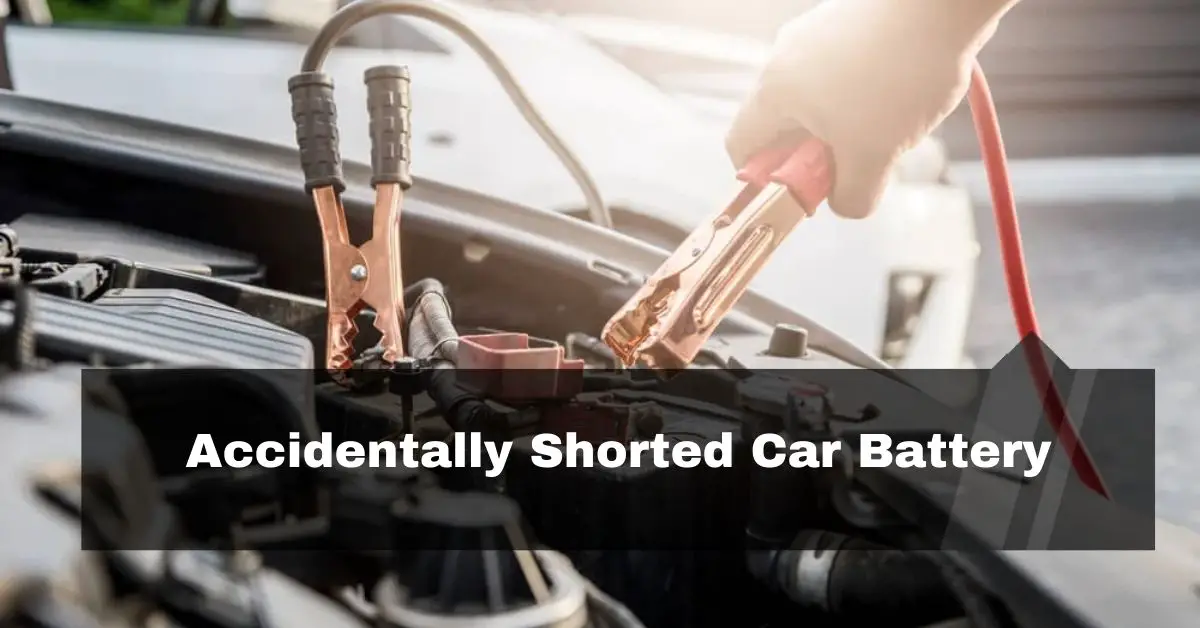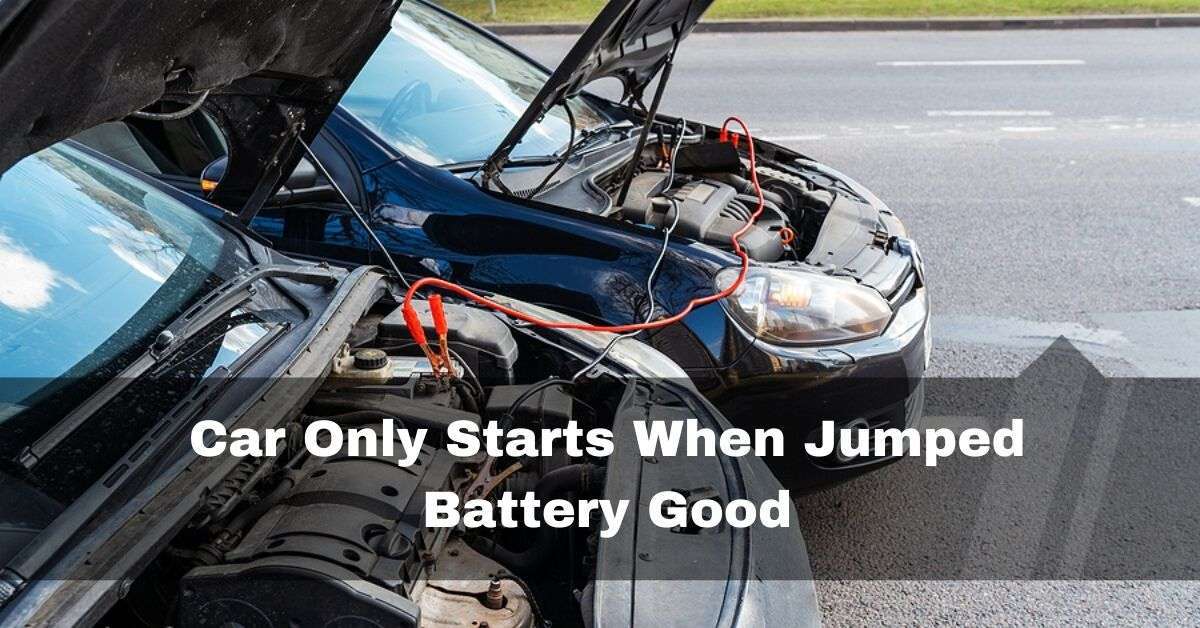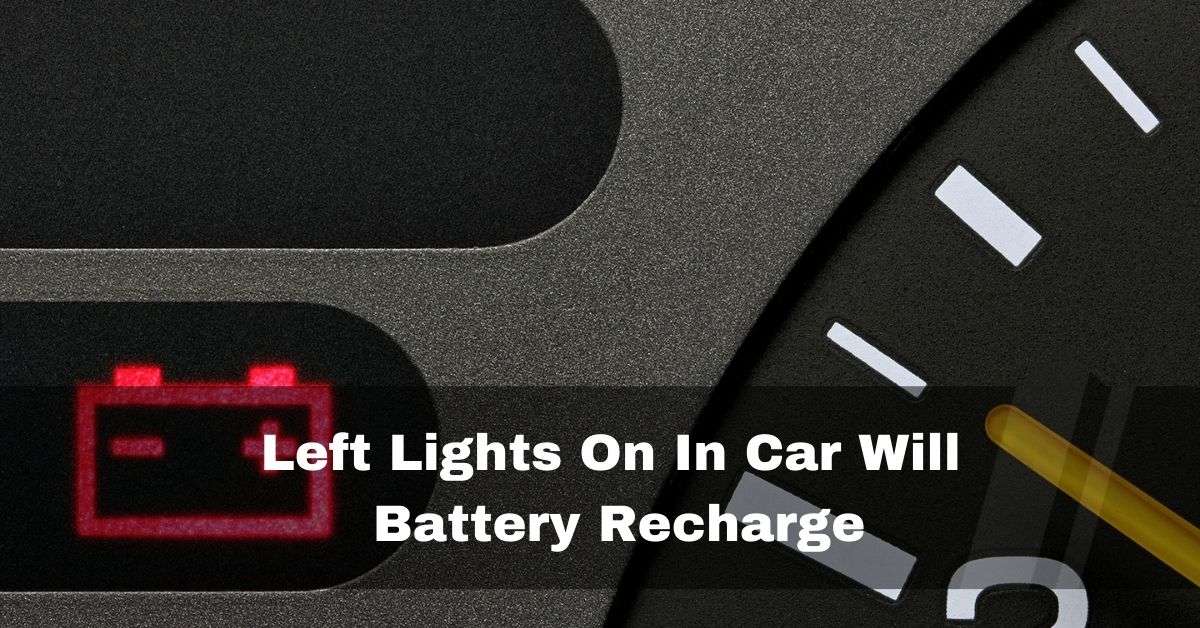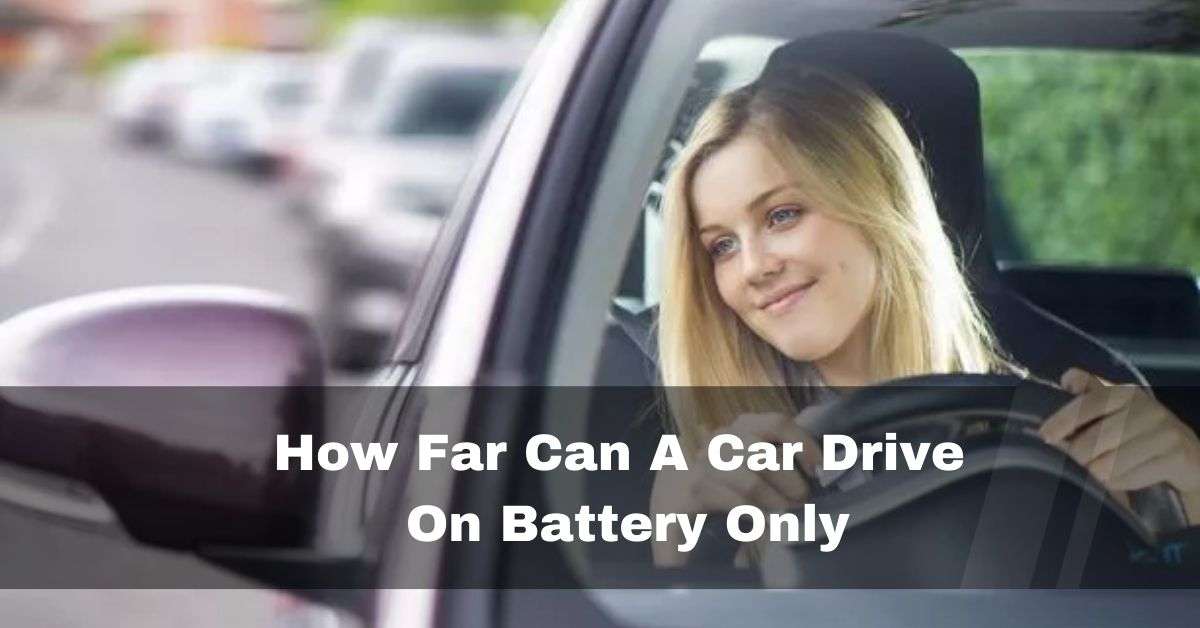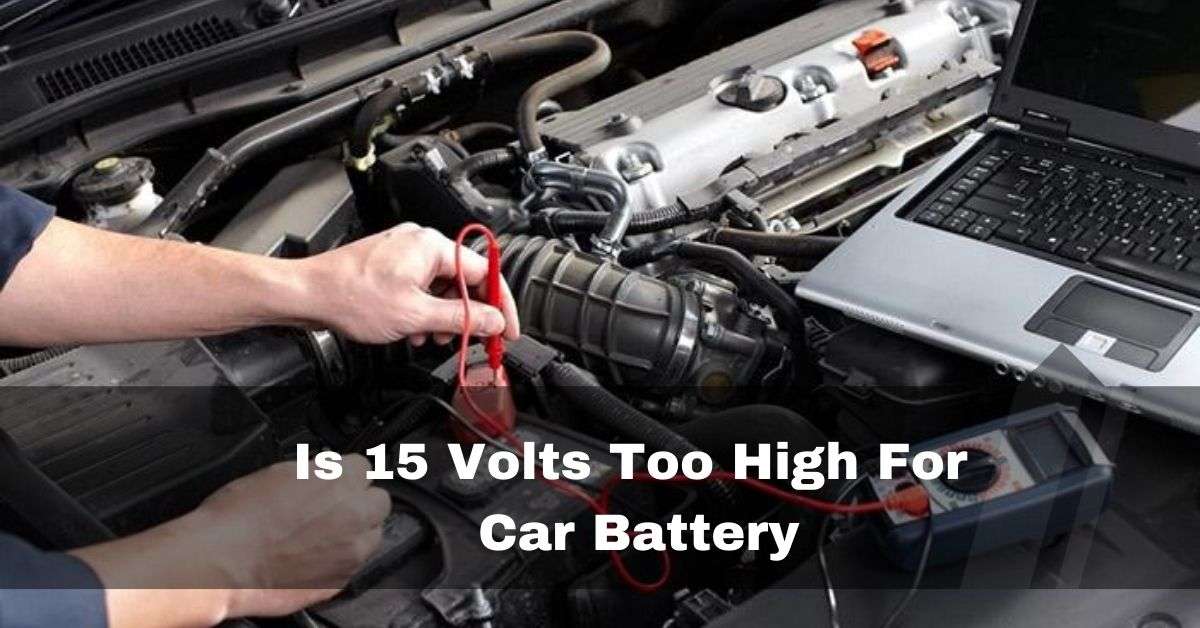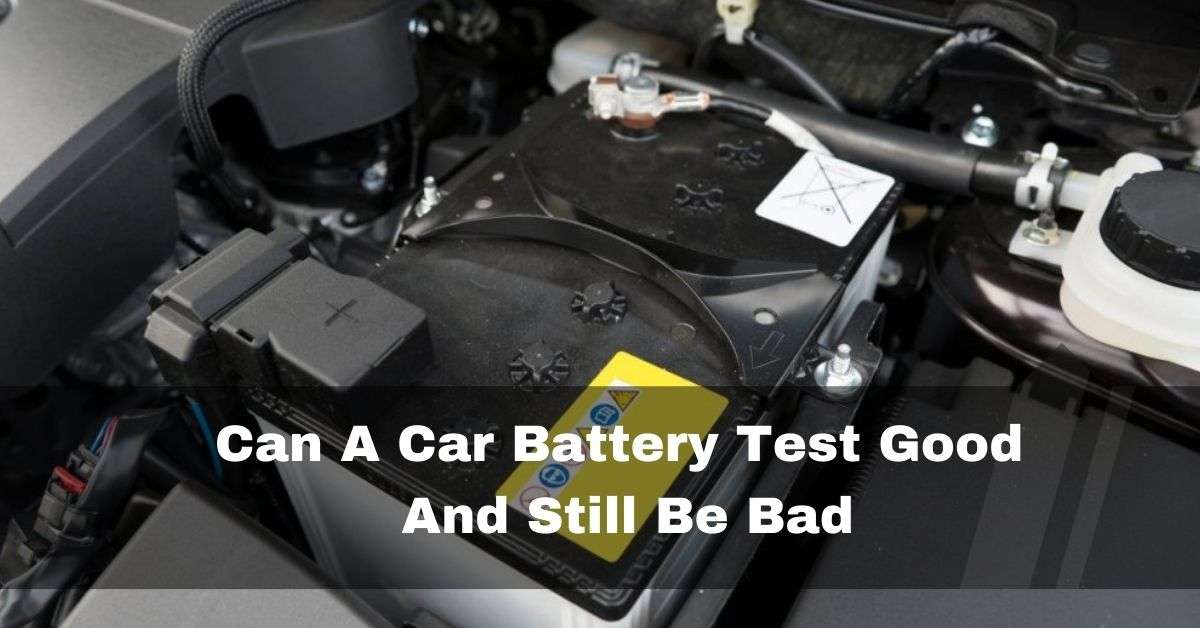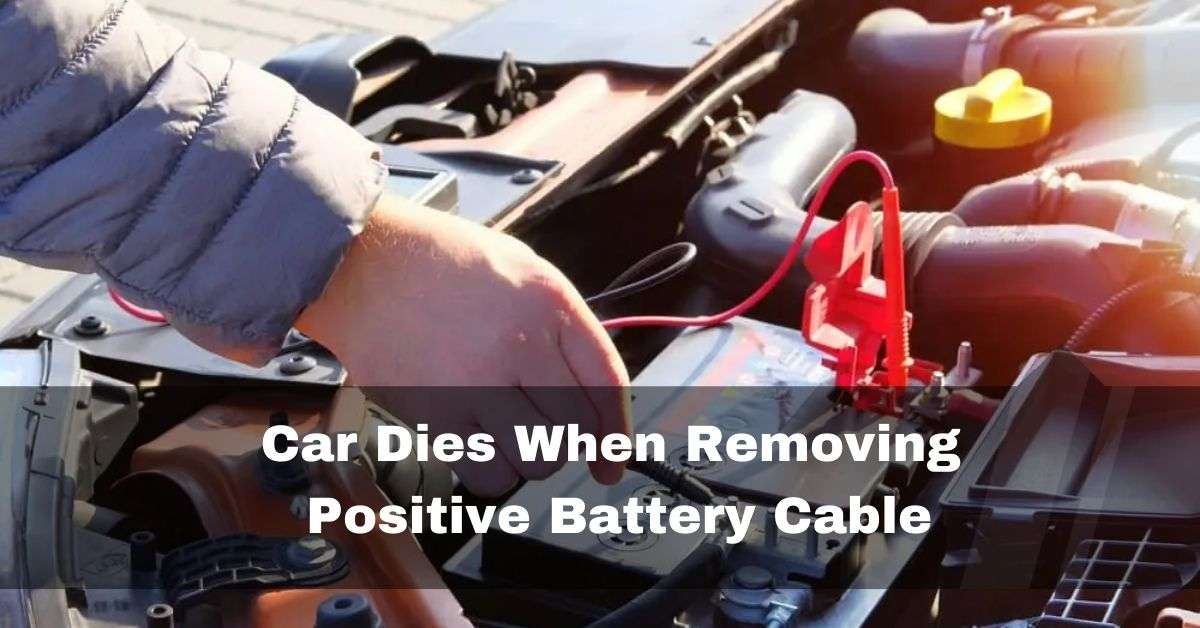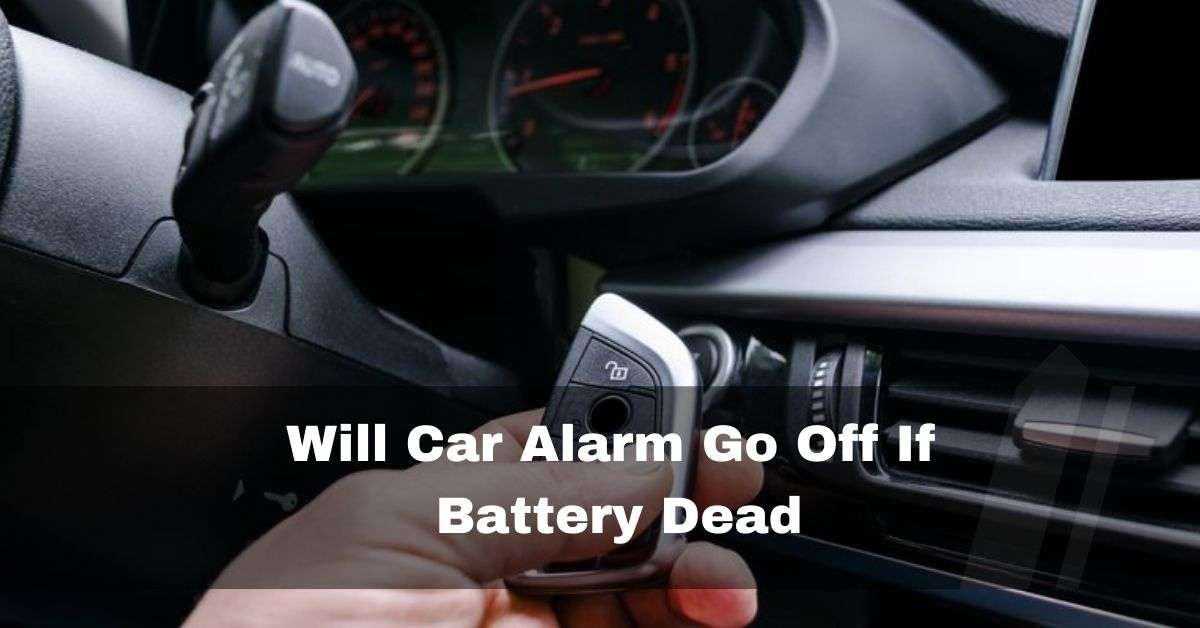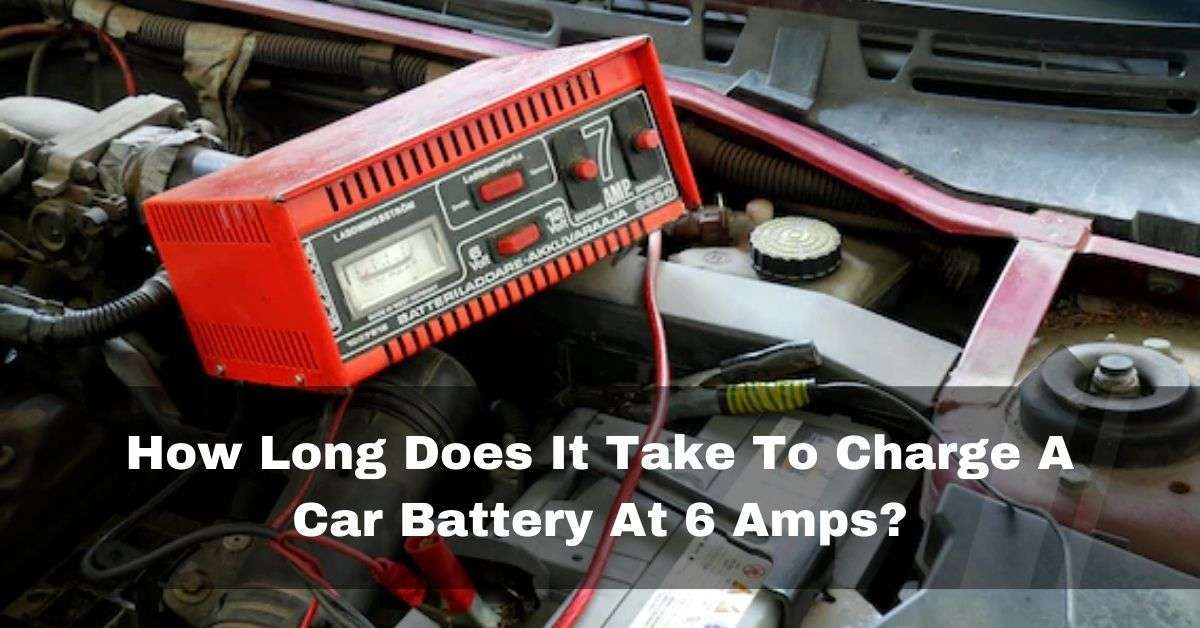I’ve often wondered about the efficiency of car battery charging while driving. Personally, I’ve faced situations where I needed a quick recharge and didn’t have access to an outlet. So, does a car battery charge faster when driving? It’s a question many drivers, including myself, often ponder.
Table of Contents
Car Battery Charge Faster When Driving:
In general, a car battery charges faster when the car is being driven. This is because while the engine is going, the alternator, which is connected to the engine, makes electricity. The alternator’s main job is to charge the battery and provide power to the car’s electrical systems.
For the time that the engine is going, the alternator makes more electricity than the car specifically needs. The extra power is used to charge the battery again.
But it’s important to remember that even though moving helps charge the battery, the rate at which it charges is still limited by the alternator’s capacity, the conditions of the drive, and the power of the battery itself.
Most of the time, connecting a specialized battery charger to an electrical outlet is suggested for a faster and more controlled charging process.
Also Read: What RPM To Charge Car Battery
How Does A Car Battery Charge?
How to charge car battery faster while driving? To expedite car battery charging while driving, conserve onboard electricity, and maintain a constant engine RPM.
The eight-hour estimate assumes a steady 65 mph speed. Choose straight paths to avoid power diversions from road turns and hills, as well as shifting gears. A 10-minute traffic slowdown will extend the charging time by 10 minutes.
- Avoid using air conditioning or heating excessively.
- Turn off headlights only if safe.
- Reduce the brightness on touch screens.
- Unplug phone chargers.
- Turn off the radio.
- Lower dashboard light brightness.

How Far Do You Have To Drive A Car To Charge A Battery?

Also Read: How Long Will A Car Battery Last Without An Alternator
Factors That Affect The Charging Speed Of A Car Battery:
1. Driving Speed:

2. Driving Conditions:
3. Battery Age and Condition:

Also Read: How To Fix Reverse Polarity On A Car Battery
4. Electrical Load:
5. Alternator Size and Condition:

Also Read: How To Listen To Drive-In Movie Without Draining Car Battery
How Long Does a Car Battery Last Without Driving?
An idle car battery can lose its charge rapidly, going from fully charged to completely dead in just under two months. This process can occur even faster if the battery is older than three years or if it wasn’t fully charged during its last use.
Additionally, repeatedly taking short driving trips in succession can be detrimental to your battery’s health. While running errands is fine, frequent engine starts and stops with only brief drives in between can quickly drain the battery.
To help maintain your battery’s health, consider taking a 30-minute highway drive at least once a week. This allows your alternator the time it needs to fully recharge the battery. For more tips on preserving your car battery when it’s not in use, consult additional resources.
Why Can’t Batteries Charge Instantly?
Recharging a battery involves replenishing the electrons it releases to power your device. However, there’s a limit to the flow of electrons through connectors, preventing instantaneous recharge. The process of recharging a battery involves restoring the electrons it discharged to power your device.
Much like cars navigating a busy road, there’s a limit to how quickly electrons can flow through the connectors. This limitation means that instantaneous battery recharge is not feasible due to the constraints of the charging infrastructure and the technology itself.
Related Questions:
1. Does Driving Charge A Battery Faster Than Idling?
2. Does Running A Car For 5 Minutes Charge The Battery?
3. How Can I Make My Car Battery Charge Faster?
4. How Do I Keep My Battery Charged When Not Driving?
5. How Much Driving To Keep The Battery Charged?
6. How long should I idle my car to charge the battery?
If you’re wondering about the optimal duration to idle your car for battery charging, starting the engine periodically and letting it run for approximately 20 minutes is a recommended practice. This idling period allows the battery to recharge itself.
7. Is it better to charge car battery by driving or idling?
In my experience, I’ve pondered whether it’s more effective to charge a car battery by driving or idling. After idling or gently revving the car for 5–10 minutes, I’ve found that taking the car for a drive is more beneficial. The variations in revs during driving seem to naturally charge the battery more effectively compared to simply idling the car.
8. What is the most efficient way to charge a car battery?
In my experience, the most efficient way to charge a car battery is to park the vehicle in a well-ventilated area, away from the garage, and ensure the engine is turned off. I’ve found that using either a trickle charger or a smart charger is effective. However, I recommend a smart charger because it automatically adjusts the charging rate, preventing overcharging.
9. Should I charge my car battery at 2 amps or 10 amps?
In my experience, deciding between a 2-amp or 10-amp setting for charging a car battery depends on the battery type and your preferences. For lead-acid, use 2 amps for extended lifespan; for lithium-ion, opt for the recommended 10-amp setting.
10. Does alternator charge faster while driving?
Absolutely, the alternator charges the battery faster when the engine runs at higher RPMs. At elevated RPMs, the alternator’s rotor spins faster, generating increased electrical power and expediting the recharging process for the battery.
Conclusion:
Also Read:
- Car Starts After Disconnecting And Reconnecting Battery
- Lightweight Car Battery Daily Driver
- Car Inspection After New Battery
- Car Stalling After Battery Change
References:
- https://www.interstatebatteries.com/blog/how-long-you-have-to-drive-to-charge-your-car-battery
- https://www.batteriesplus.com/blog/power/car-battery-charging
- https://accessroadsideassistance.com/blog/will-driving-a-car-charge-the-battery/
- https://www.quora.com/Does-a-car-battery-charge-faster-when-driving
- https://www.reddit.com/r/askcarguys/comments/lil32x/how_long_should_i_drive_for_to_re_energize_the/

